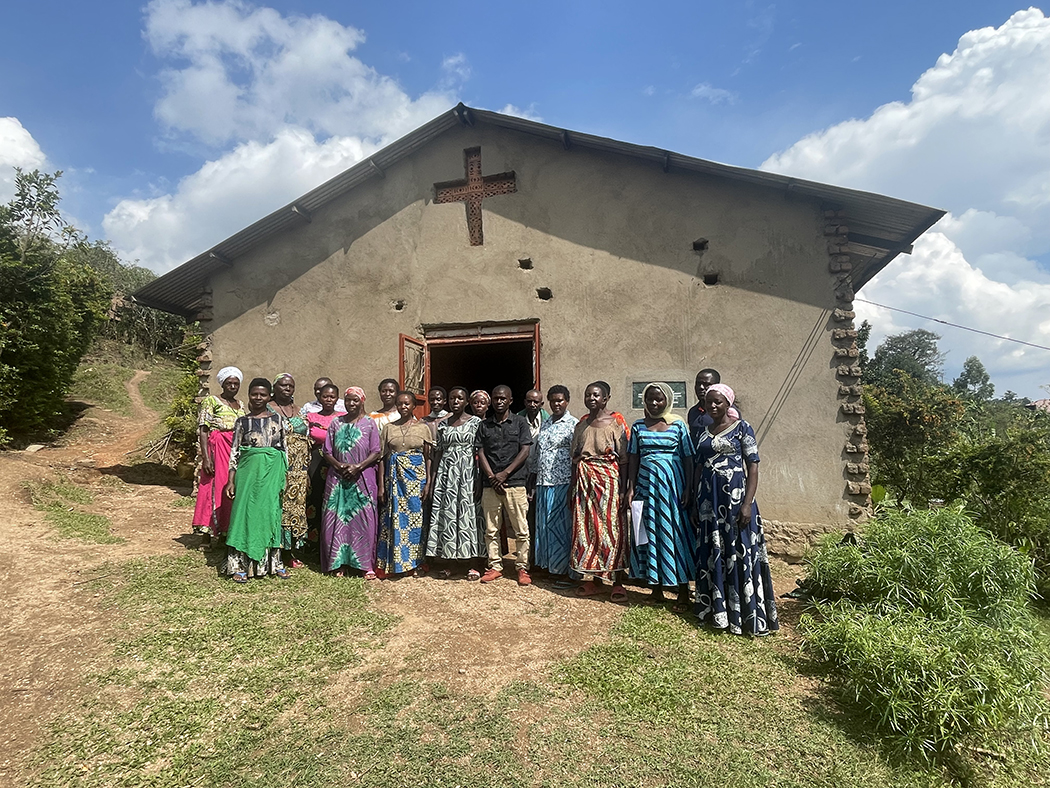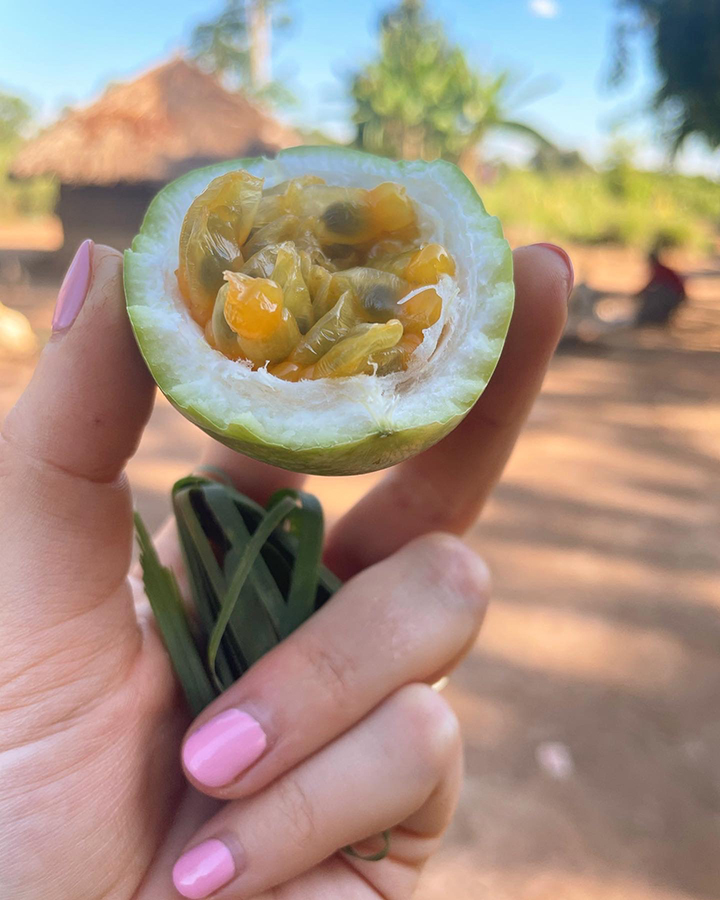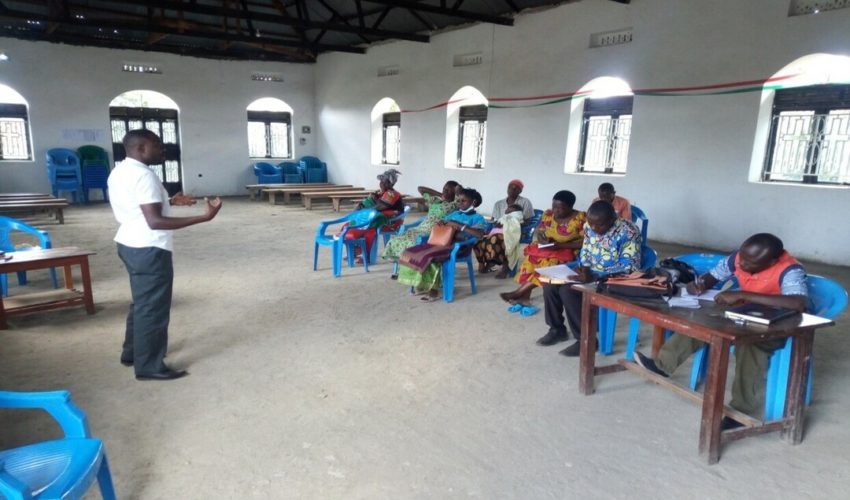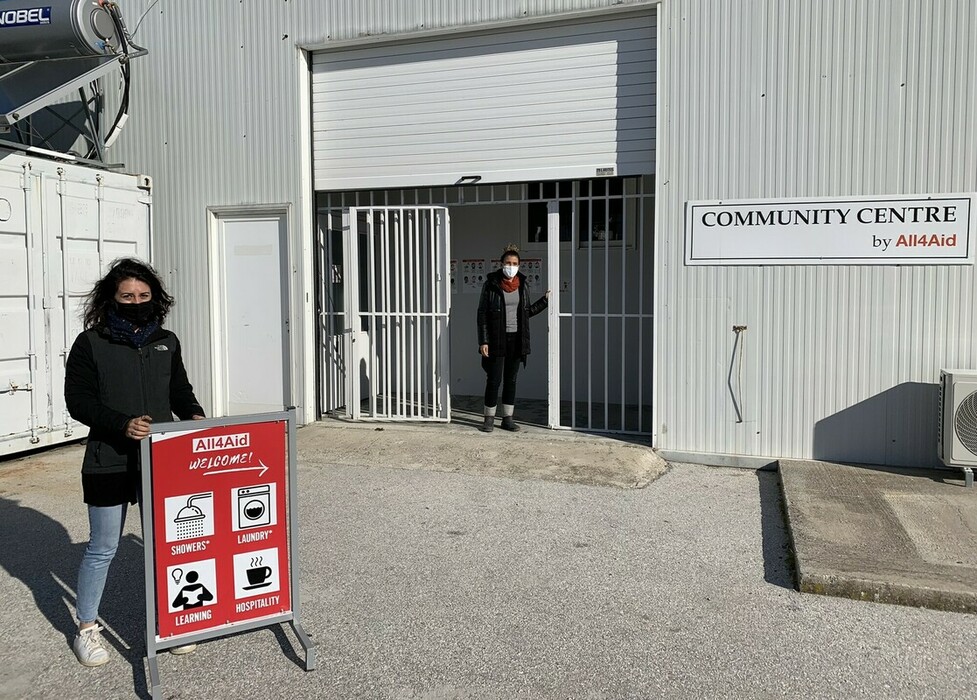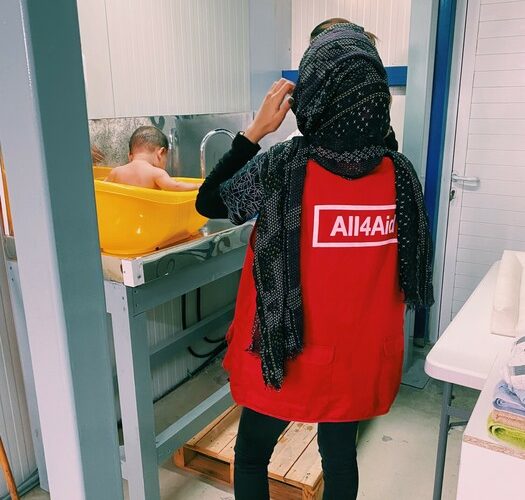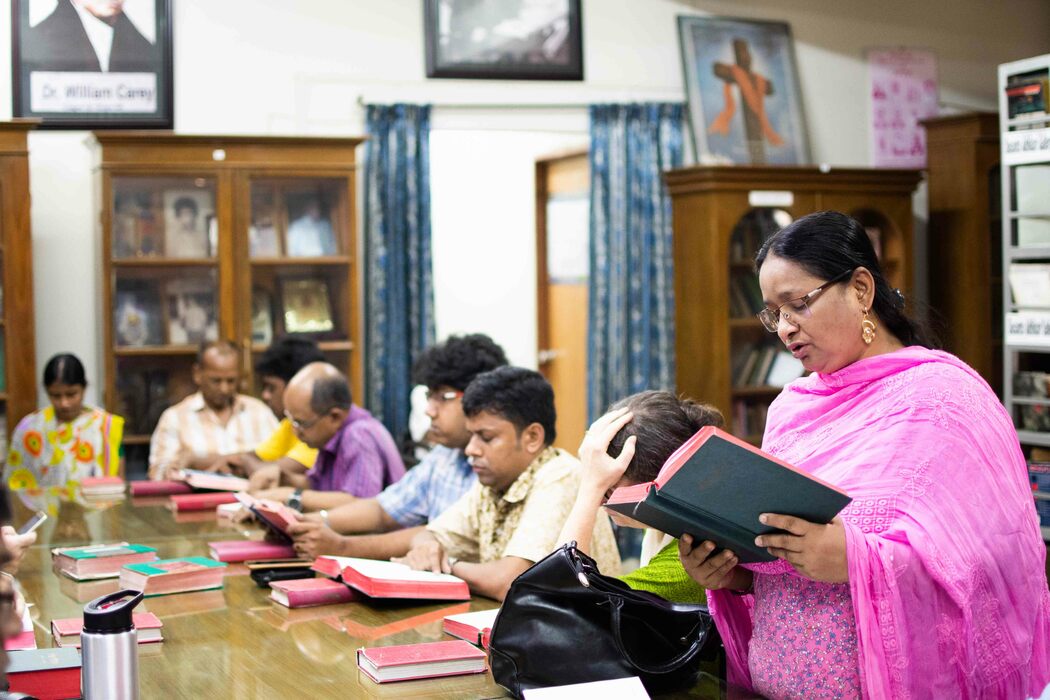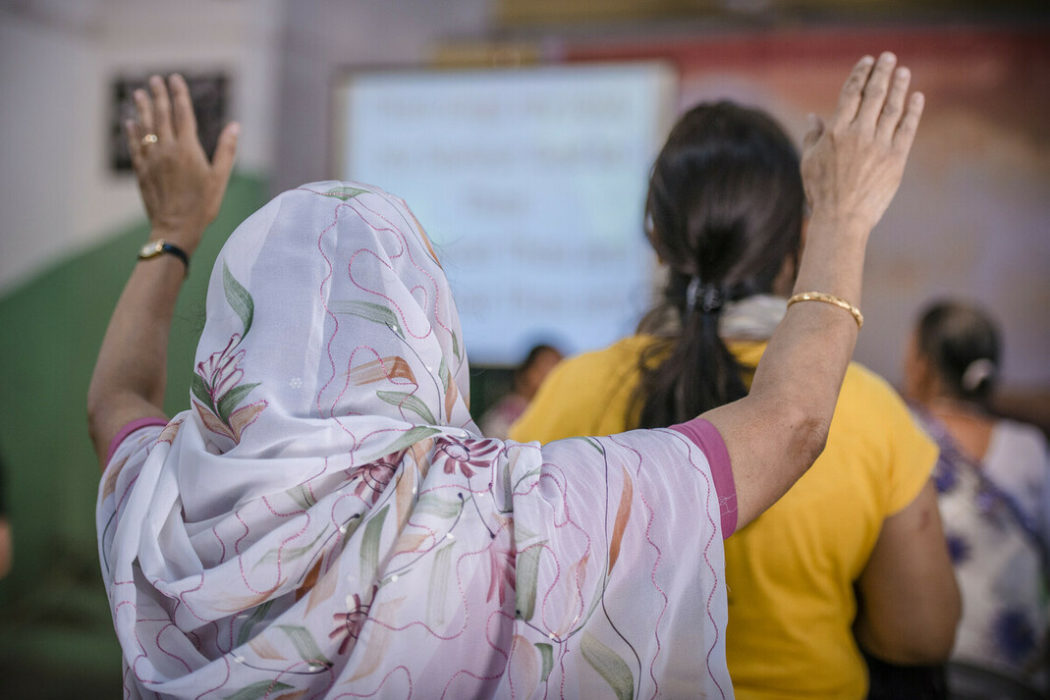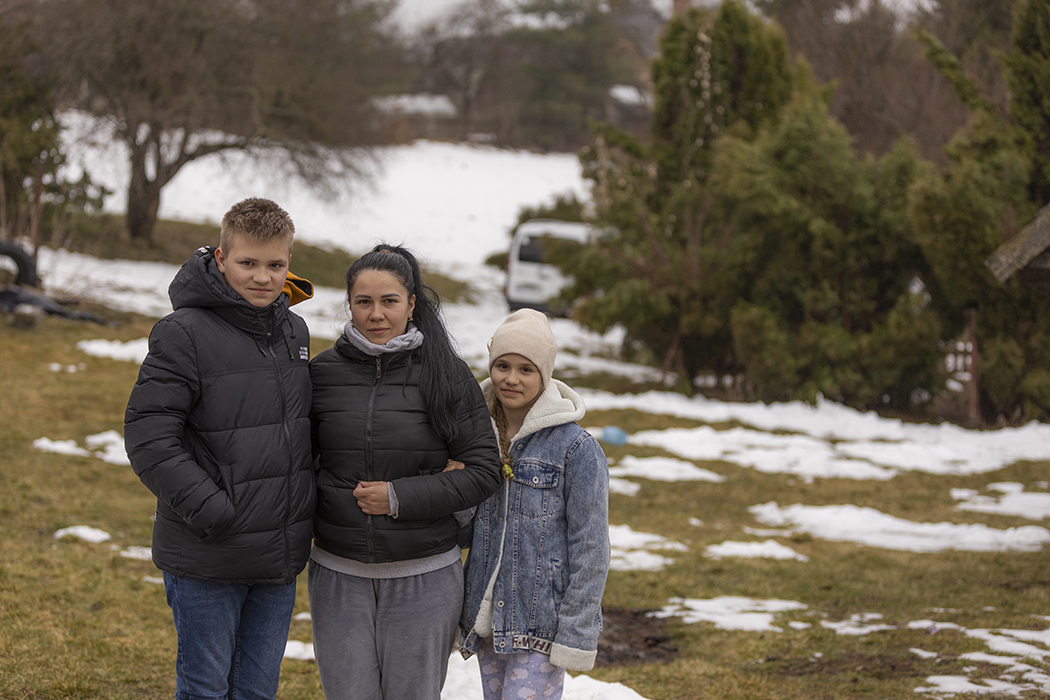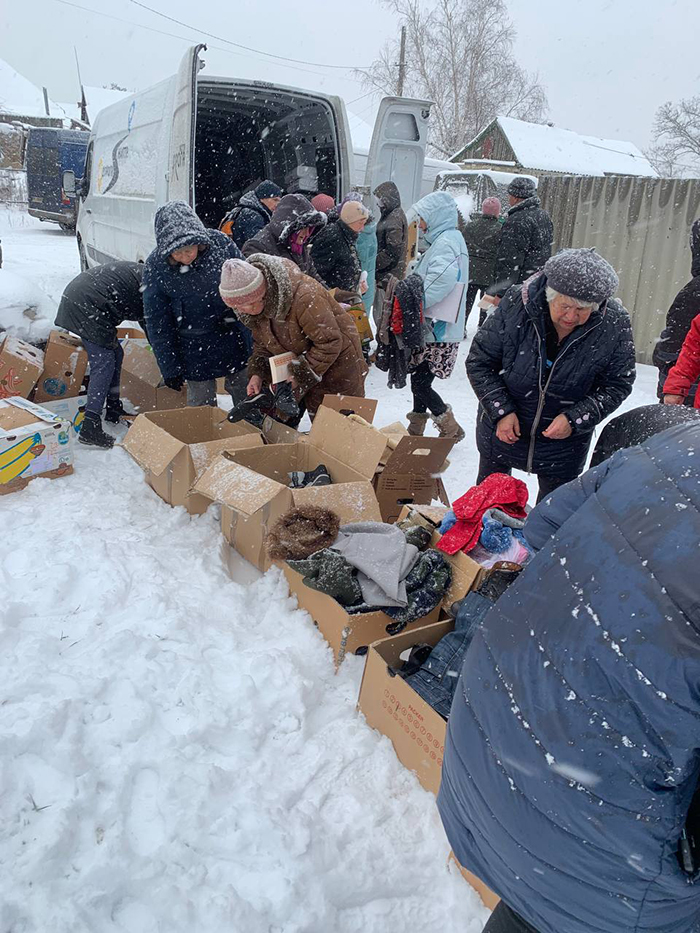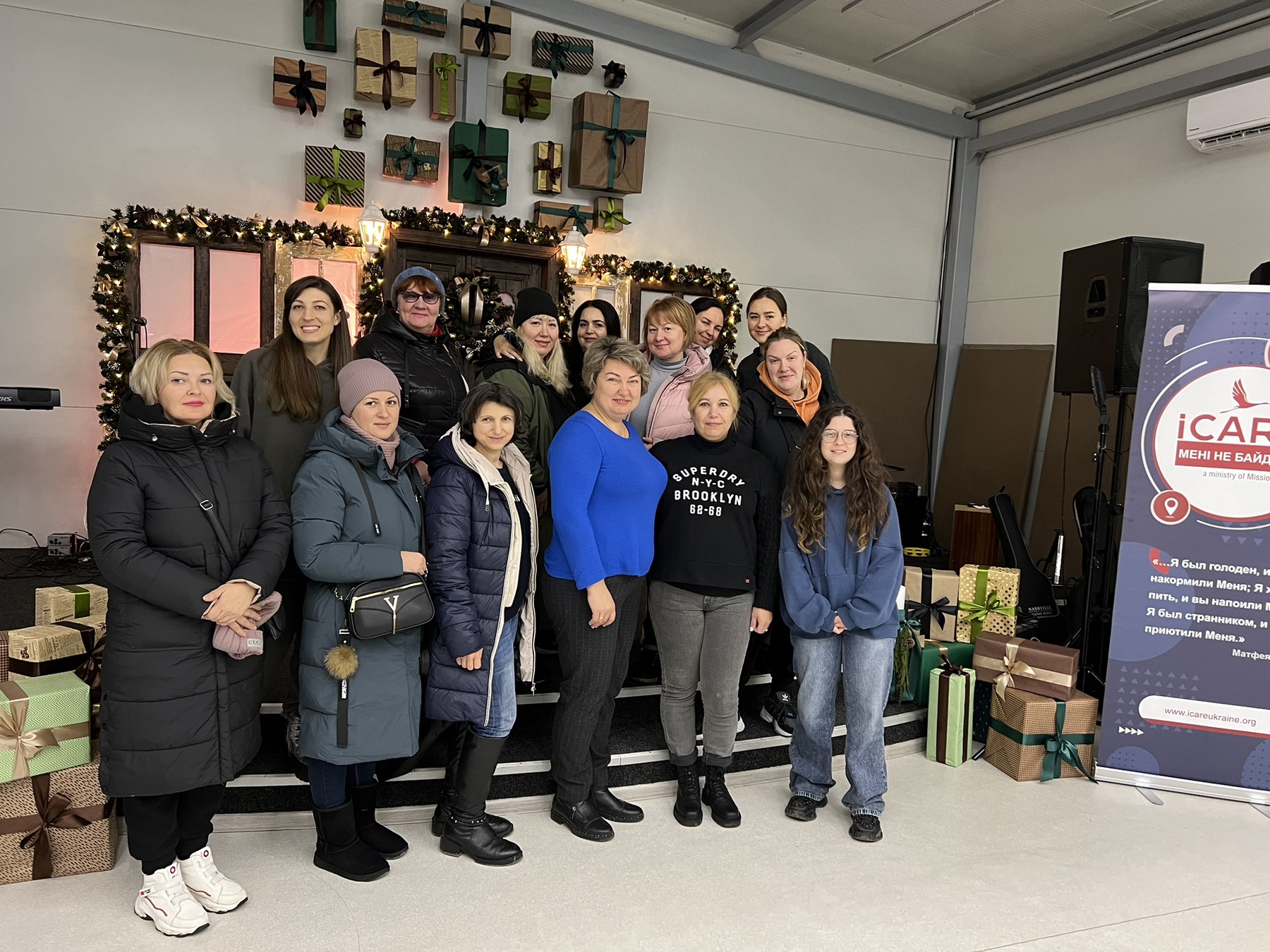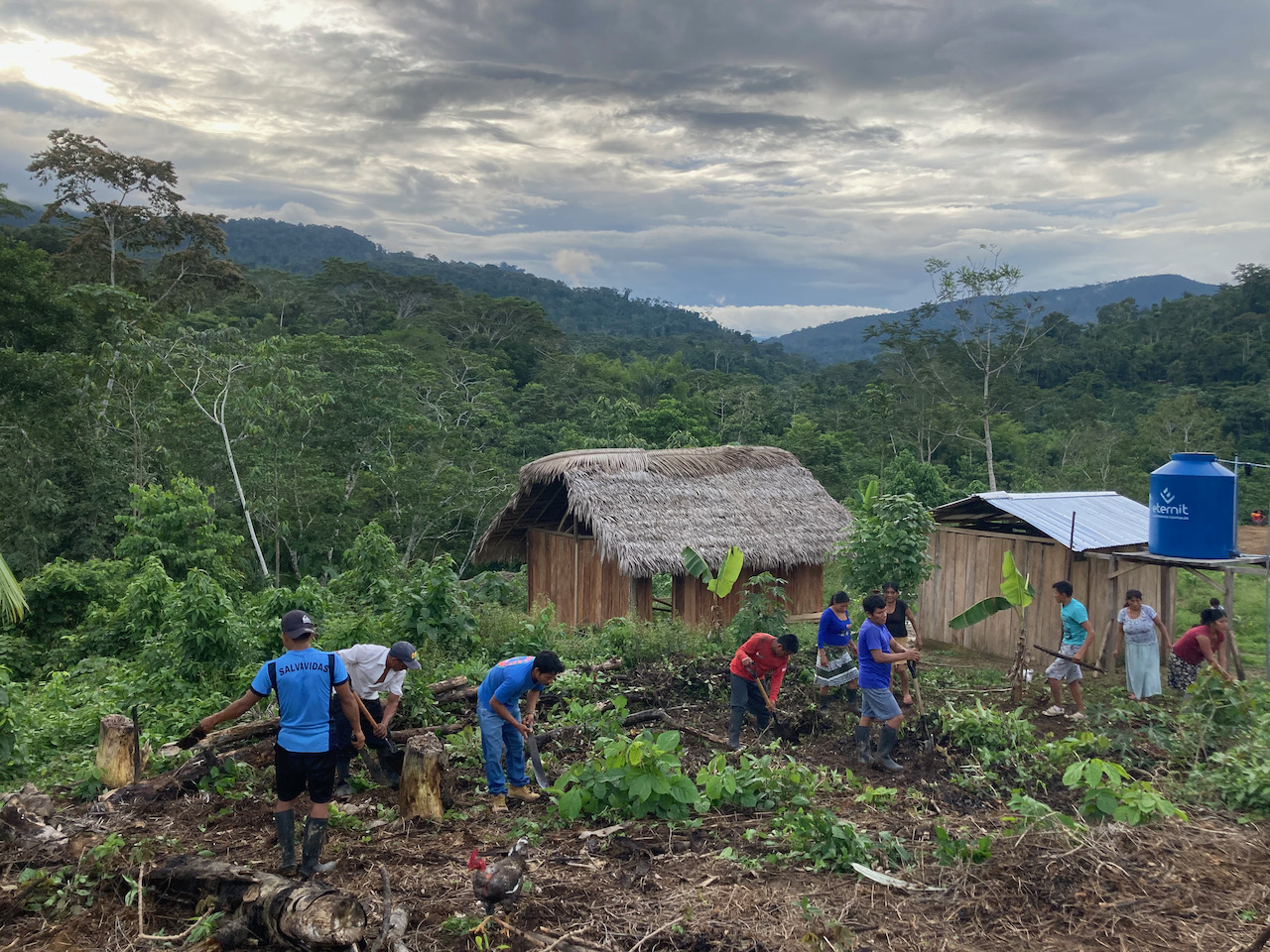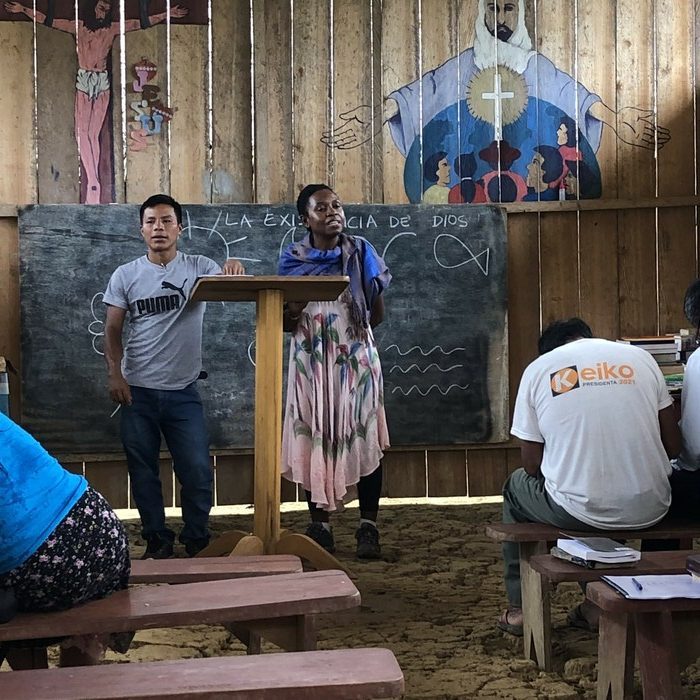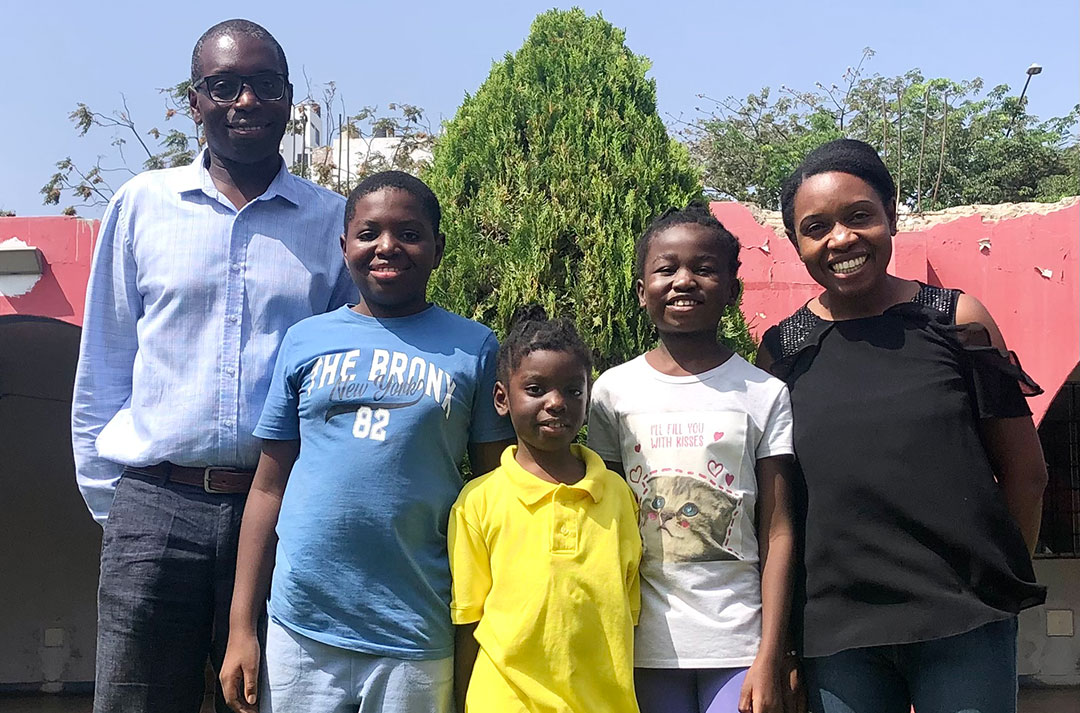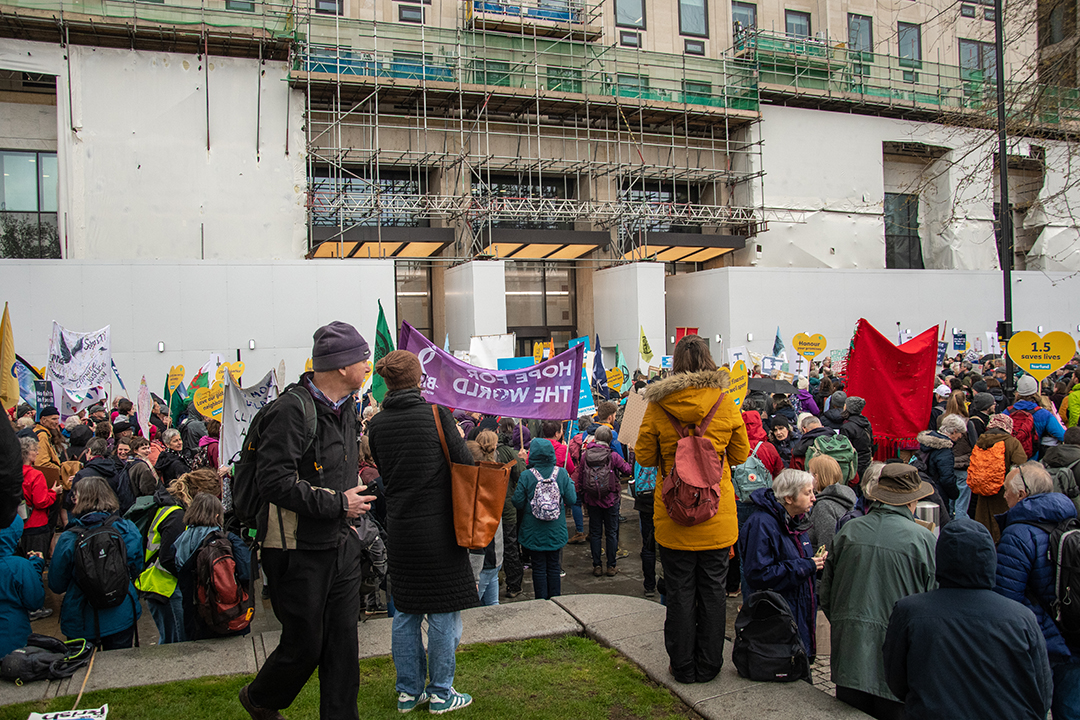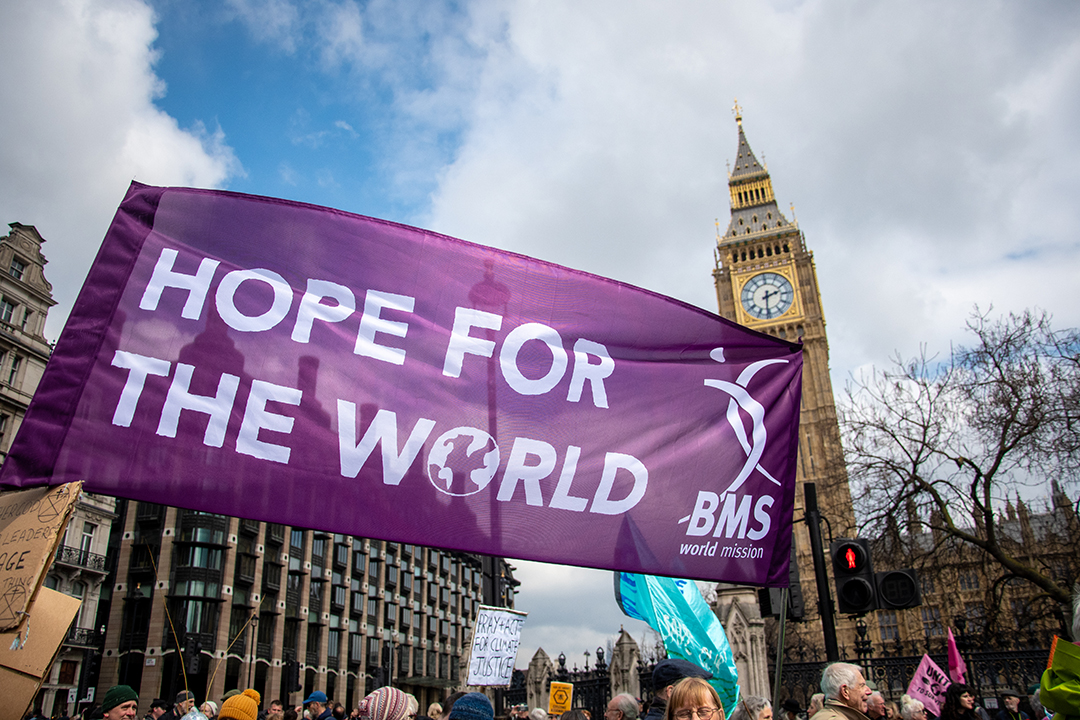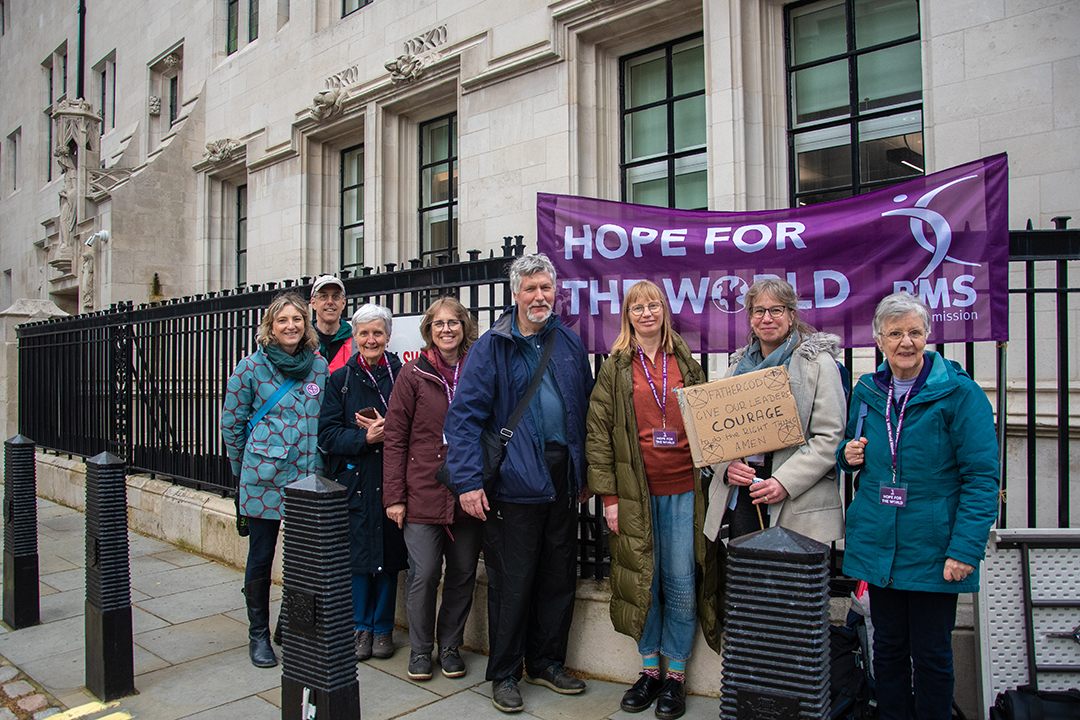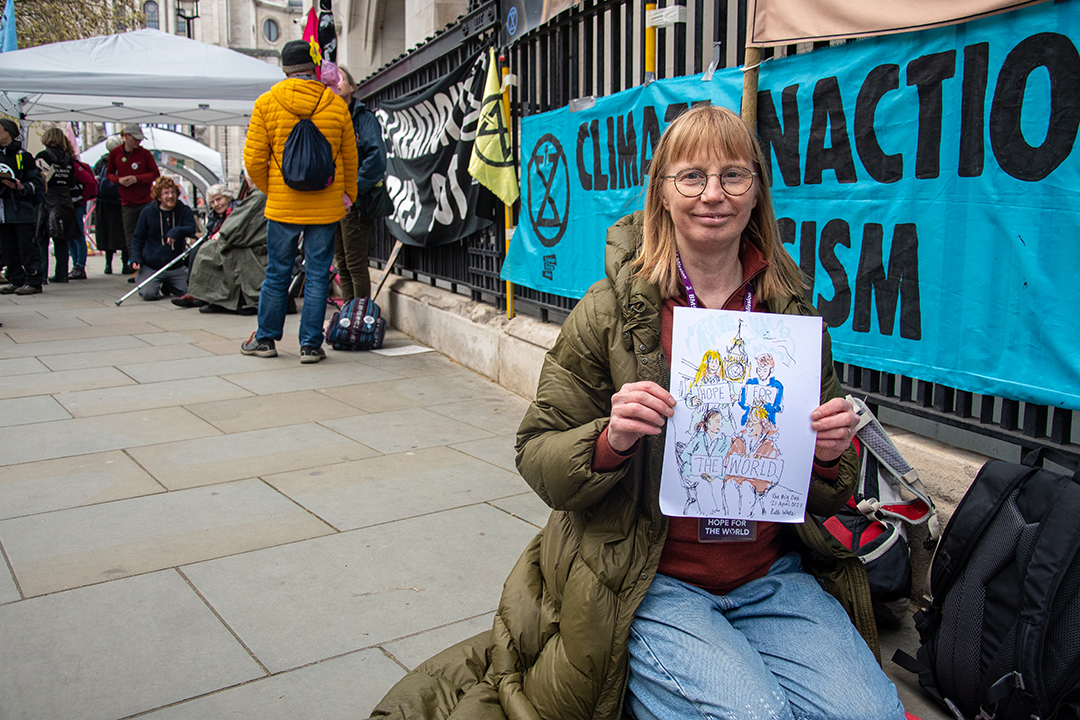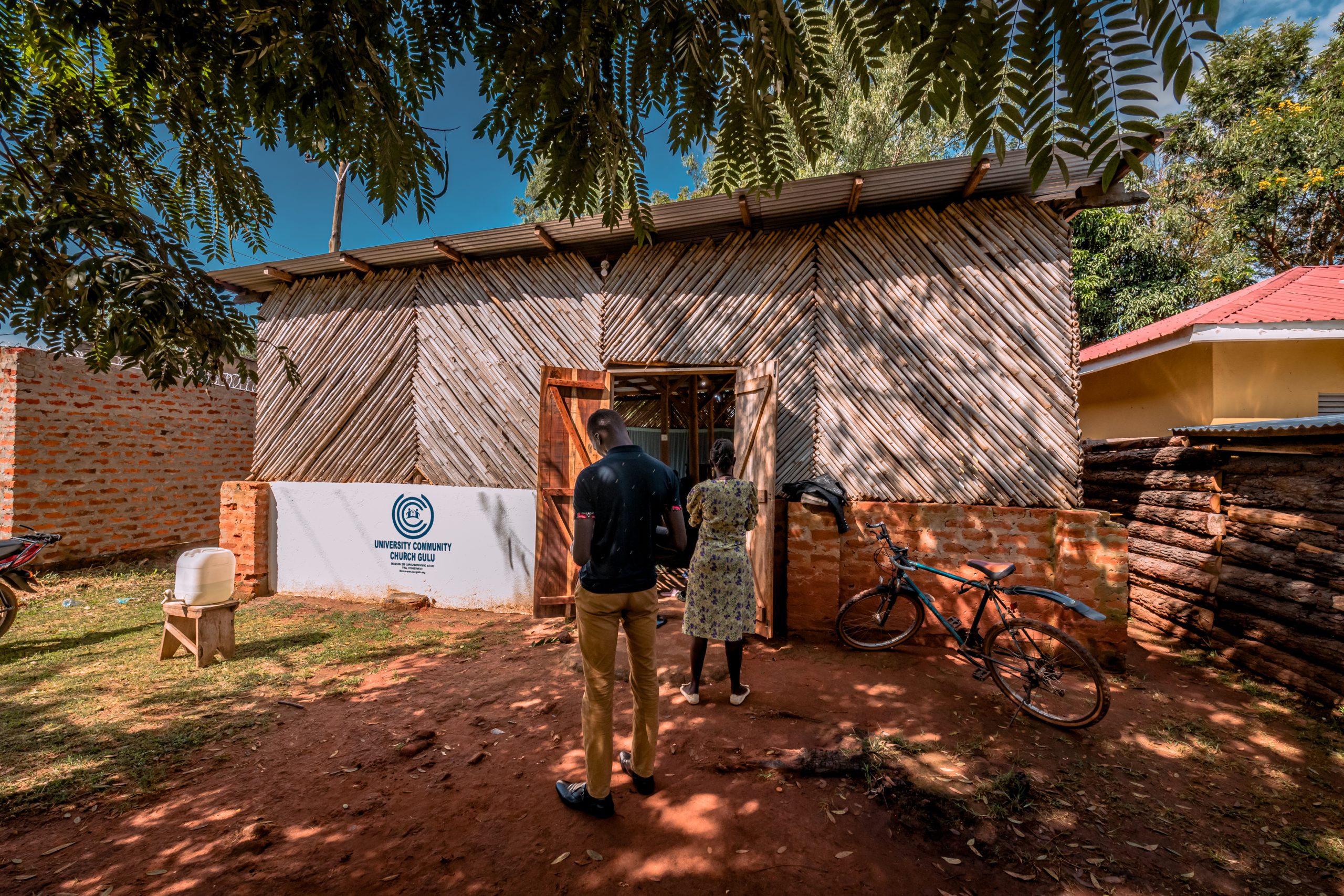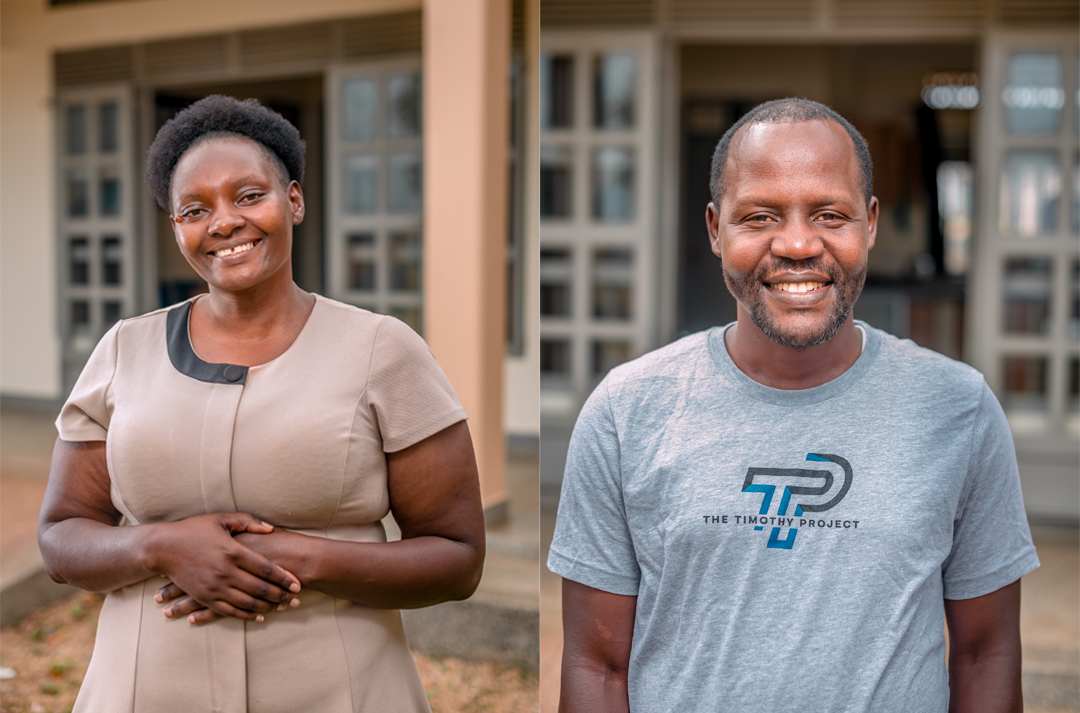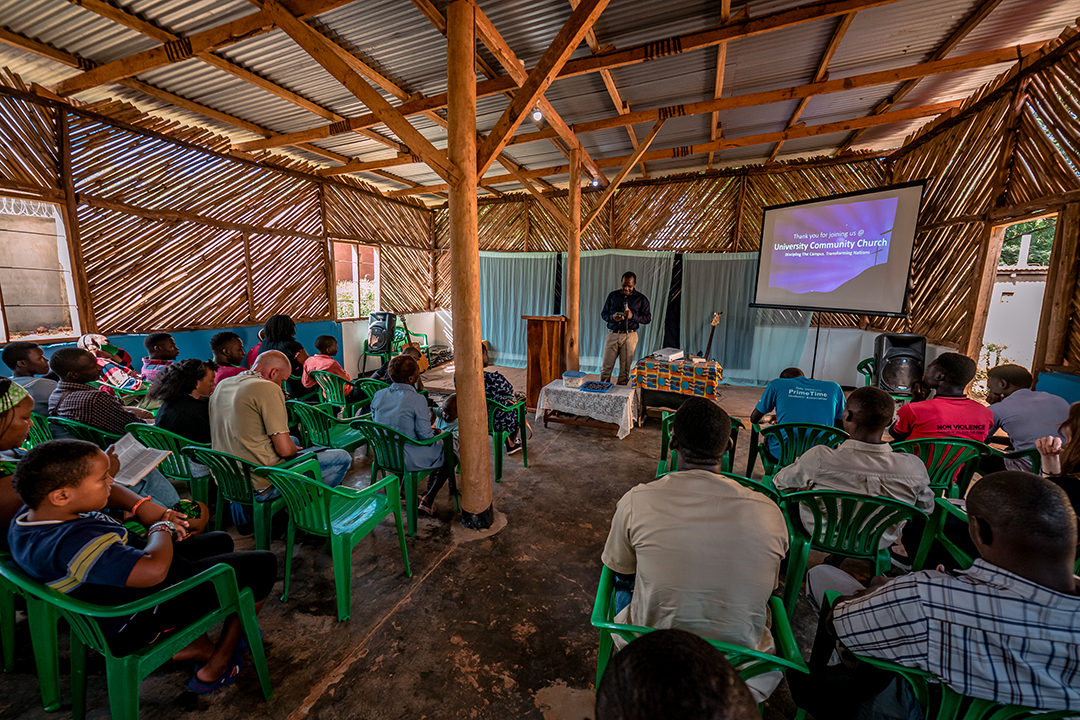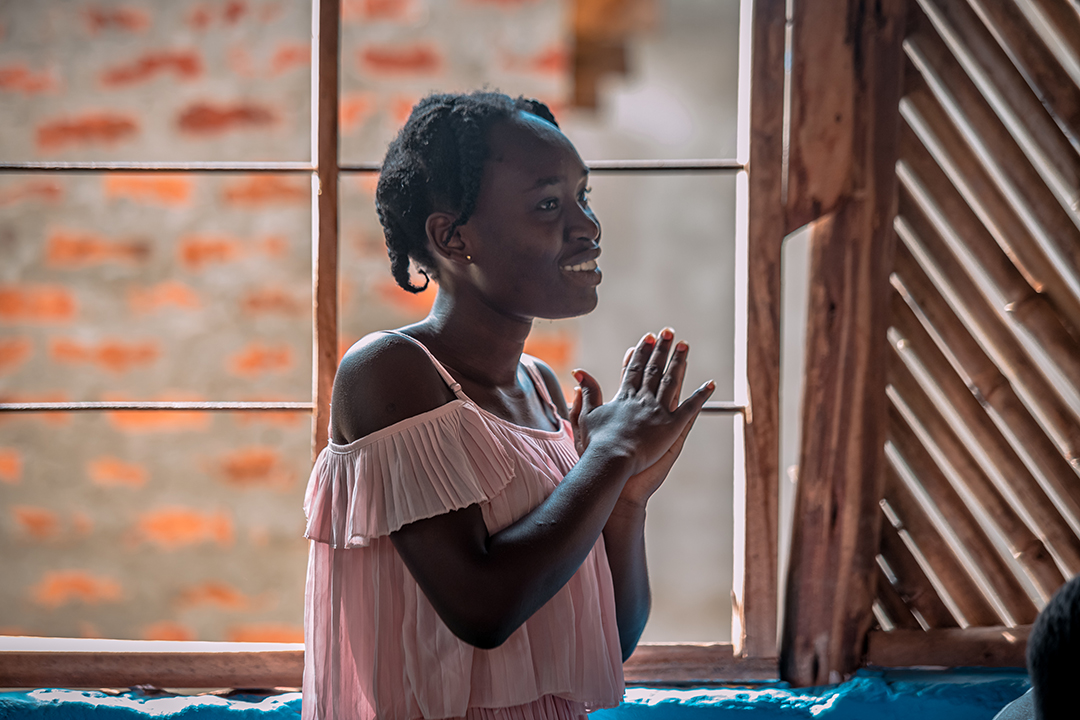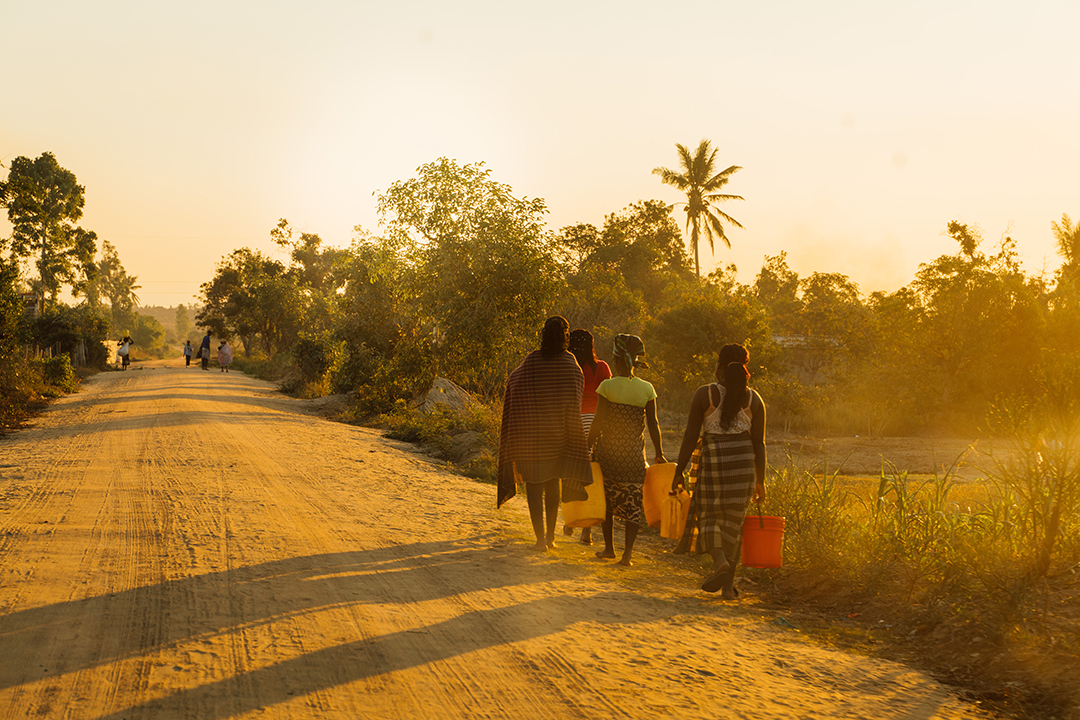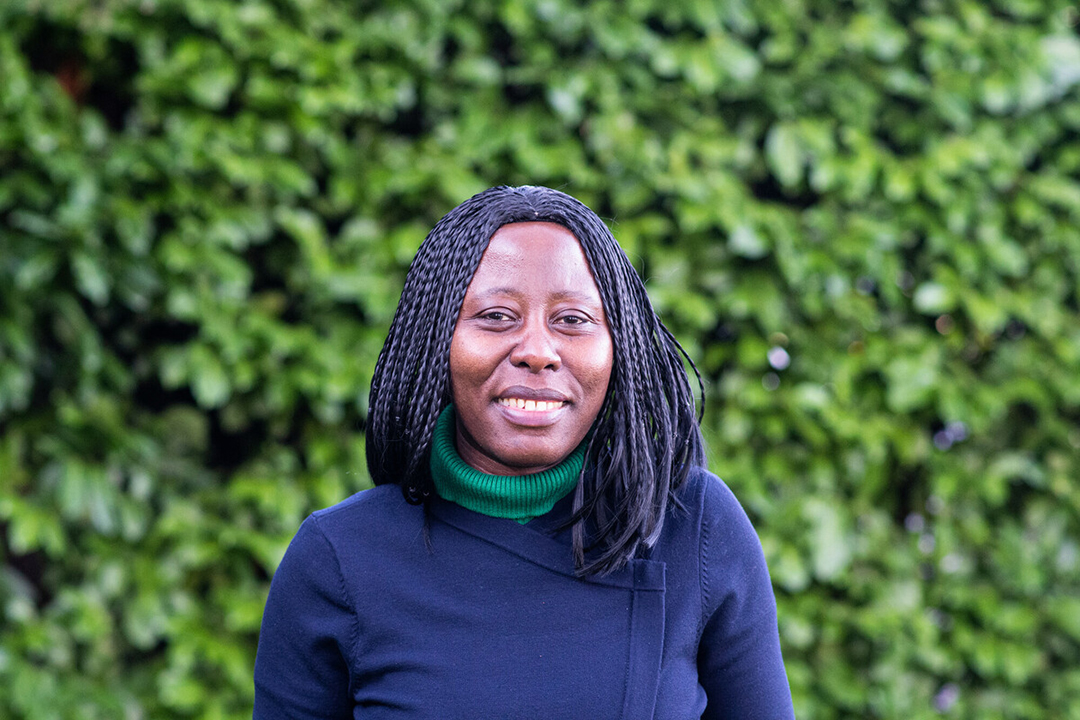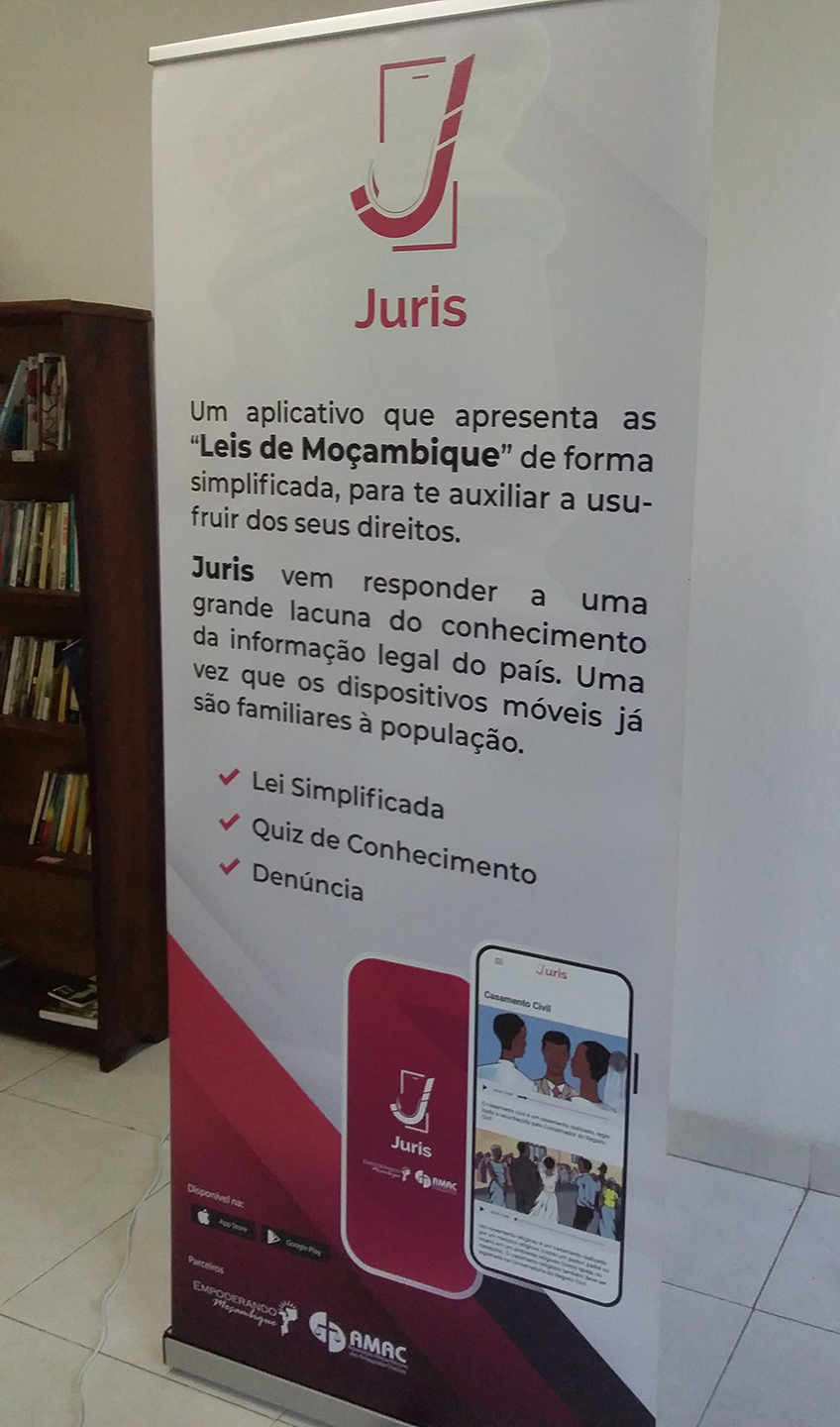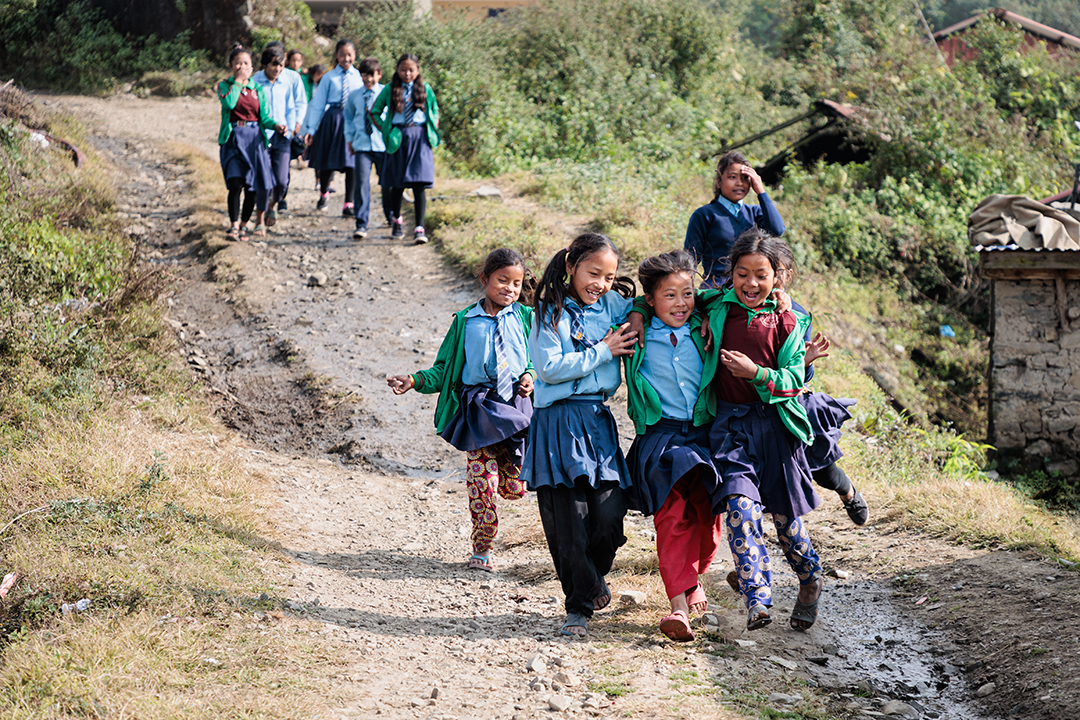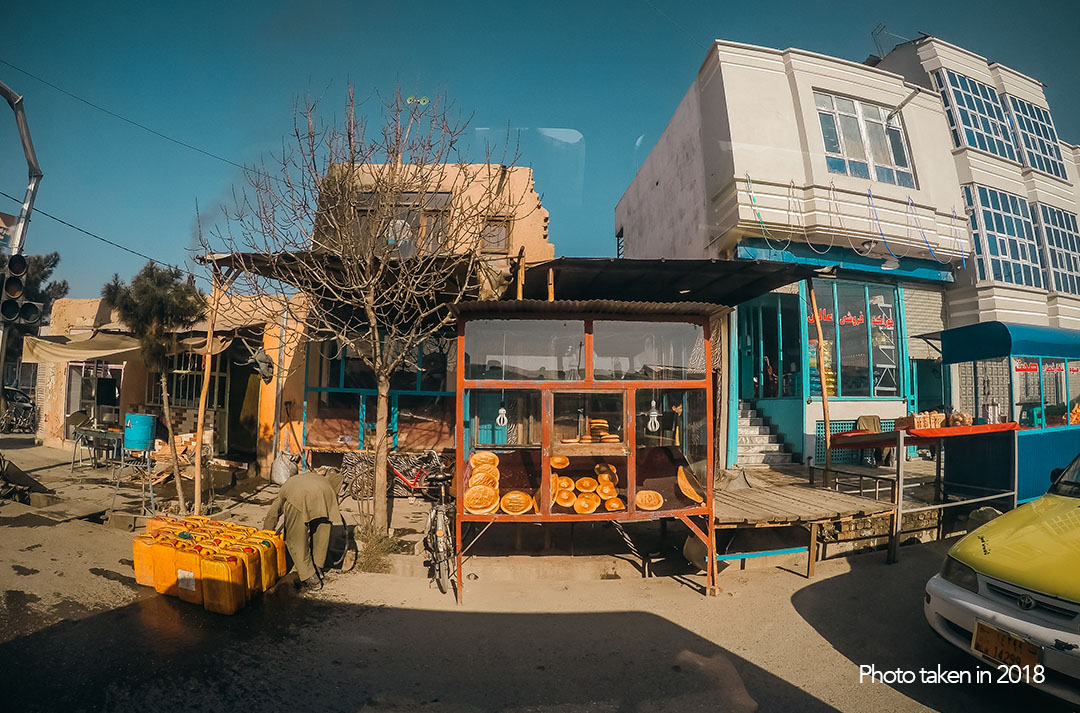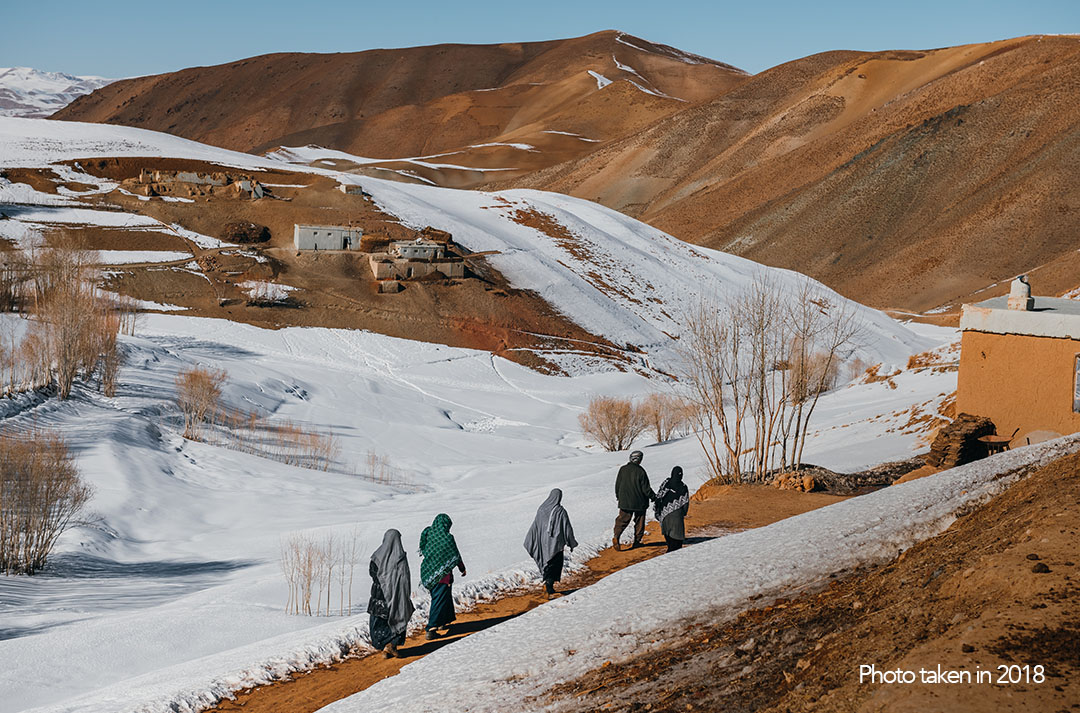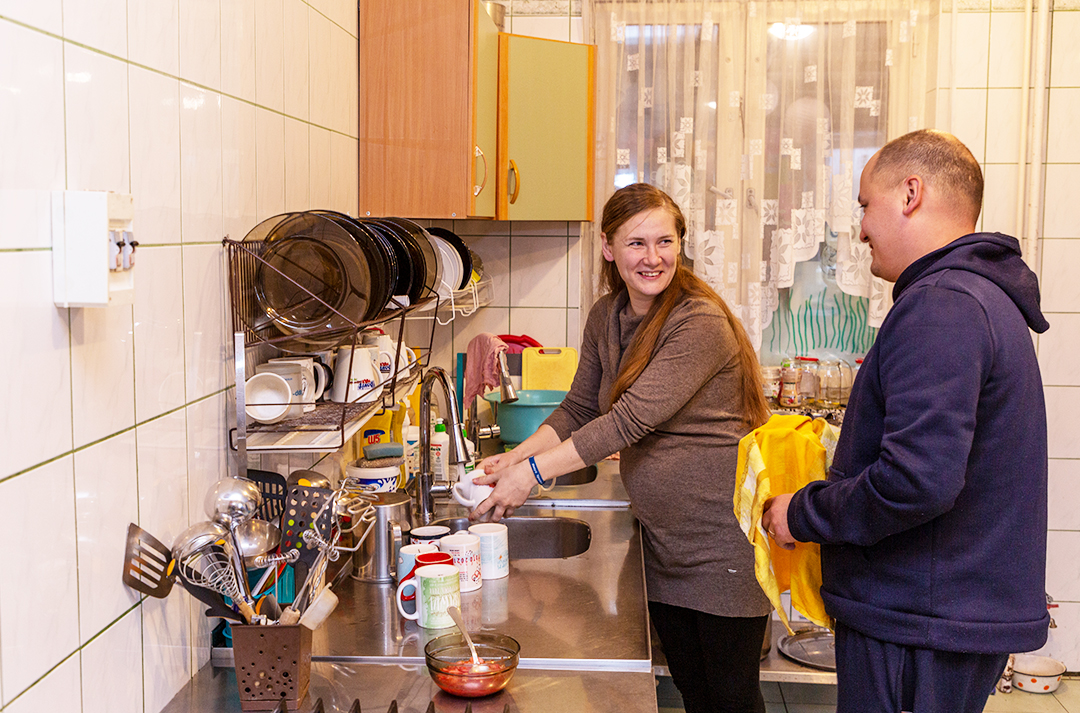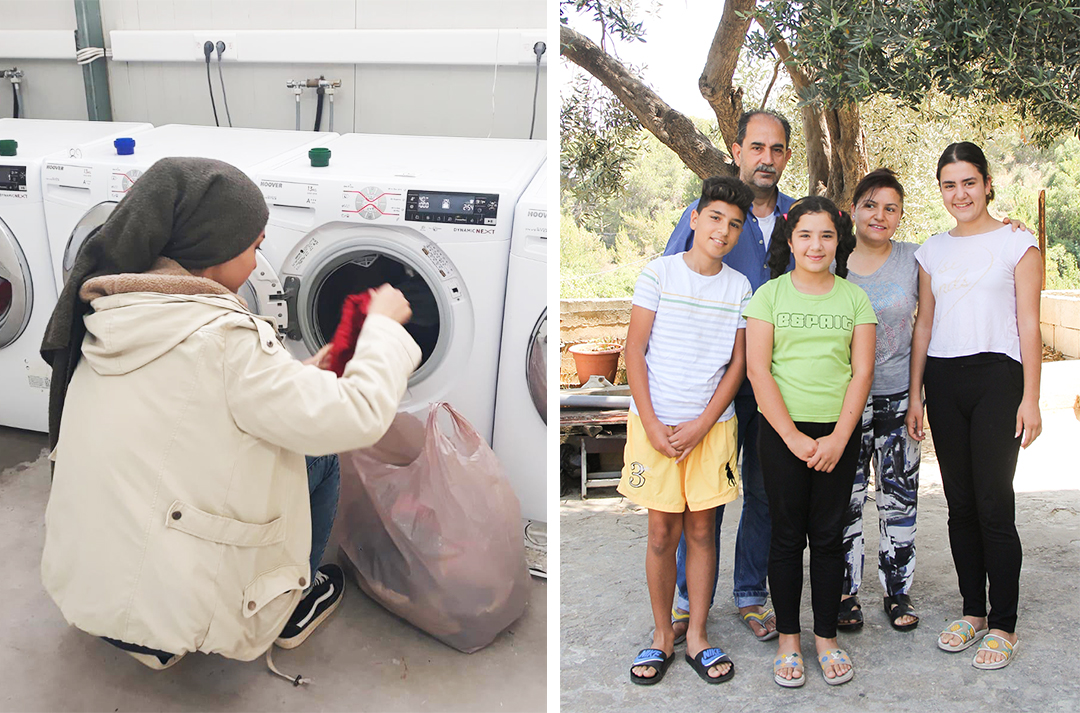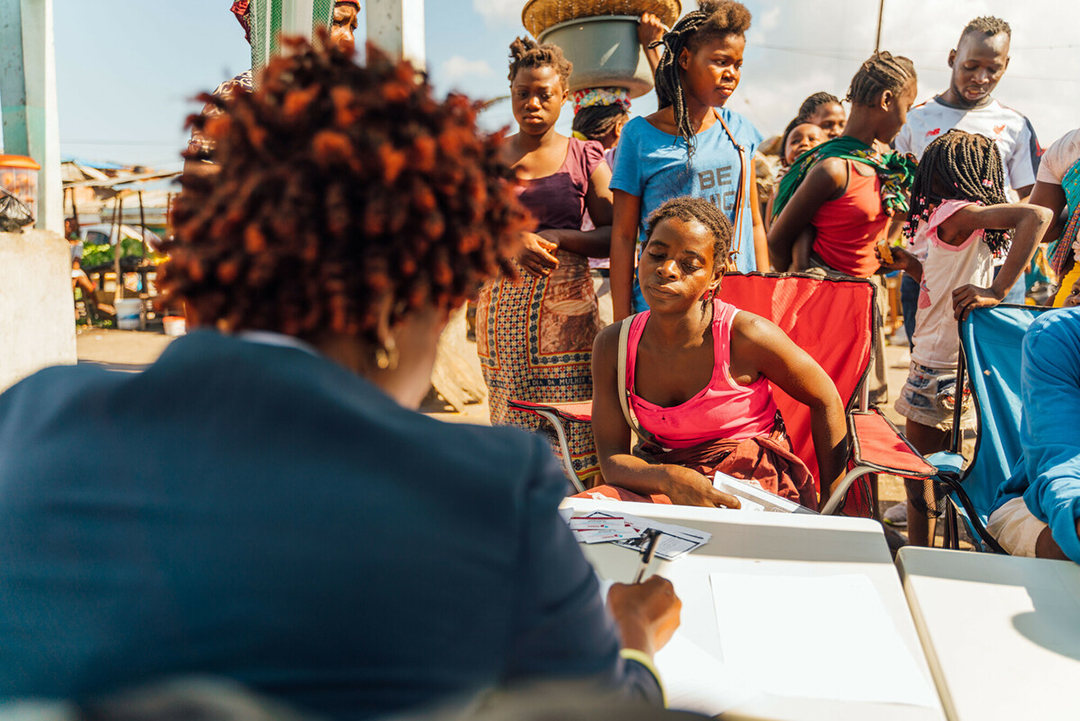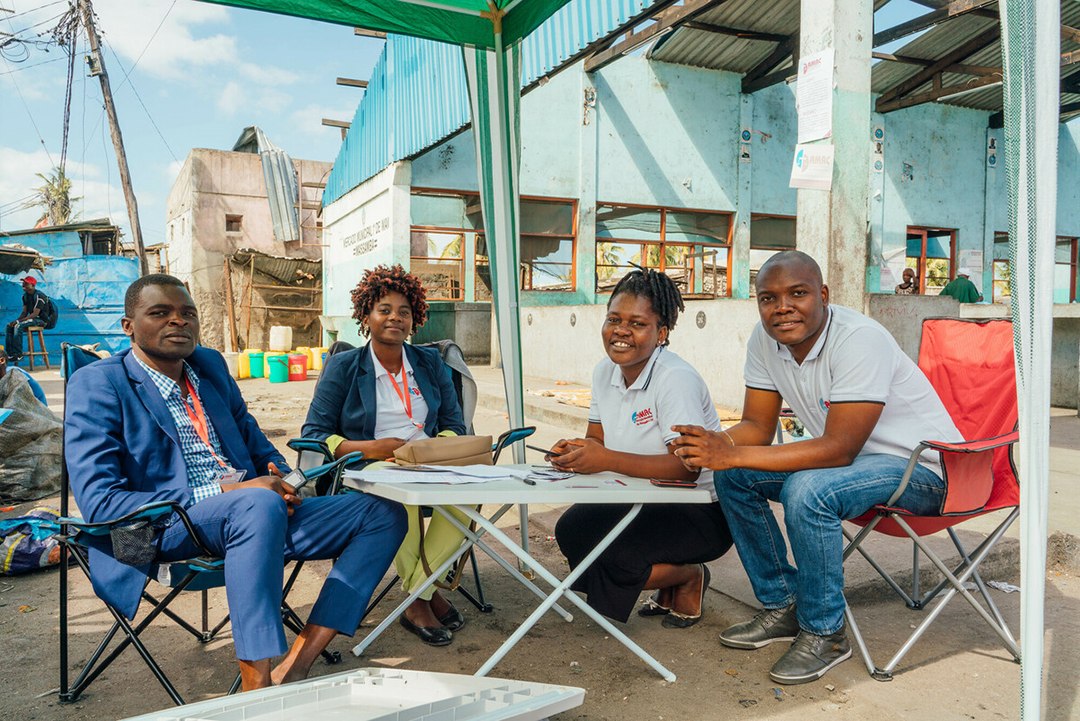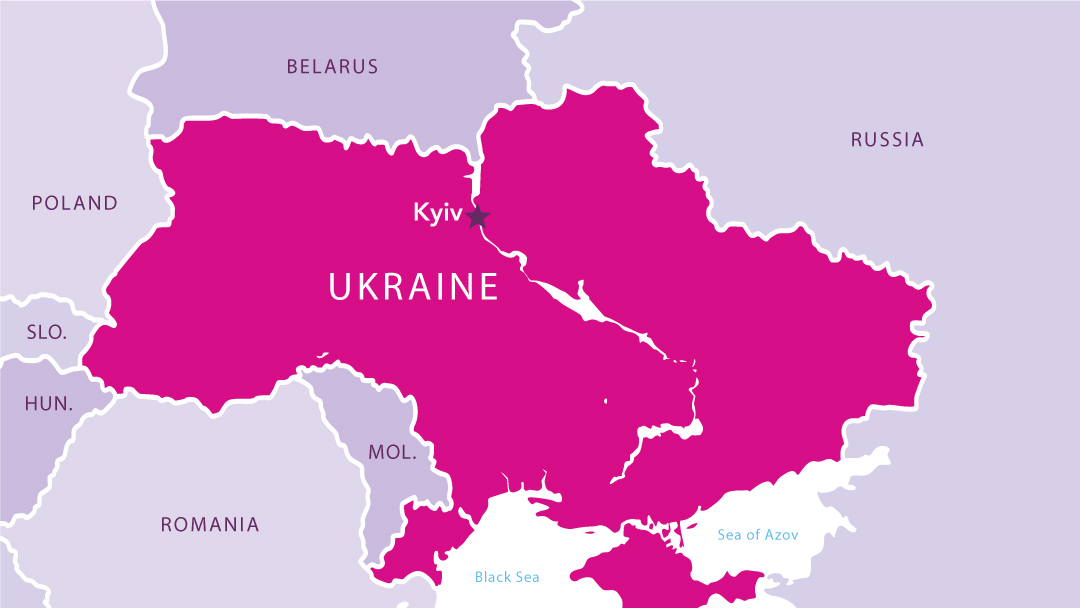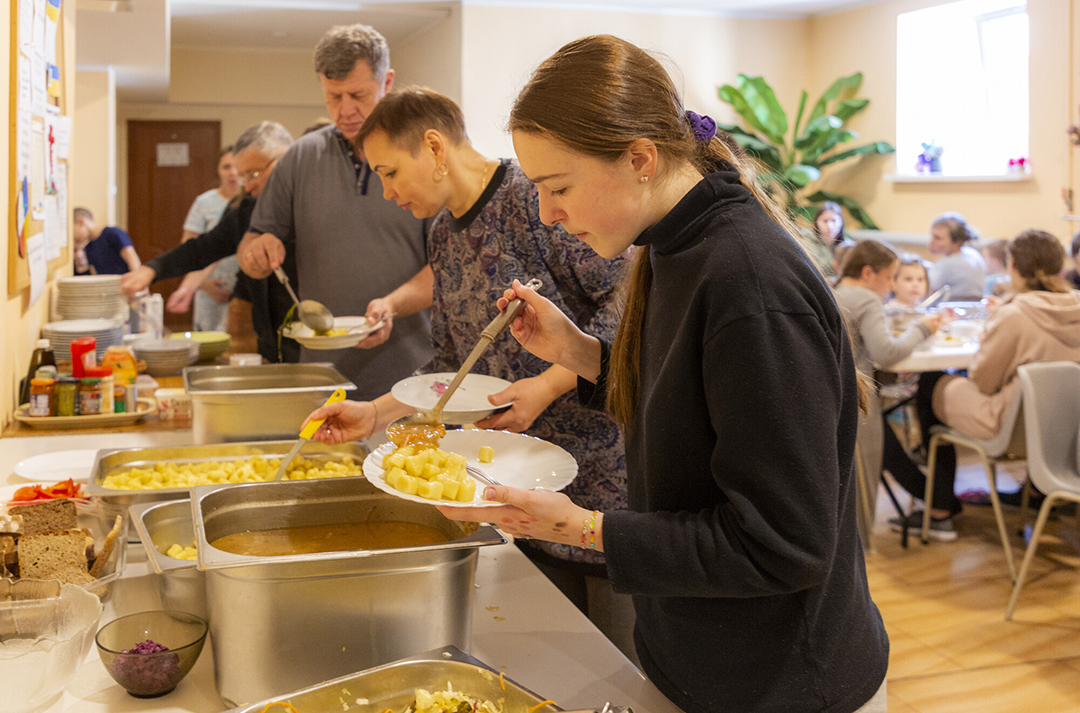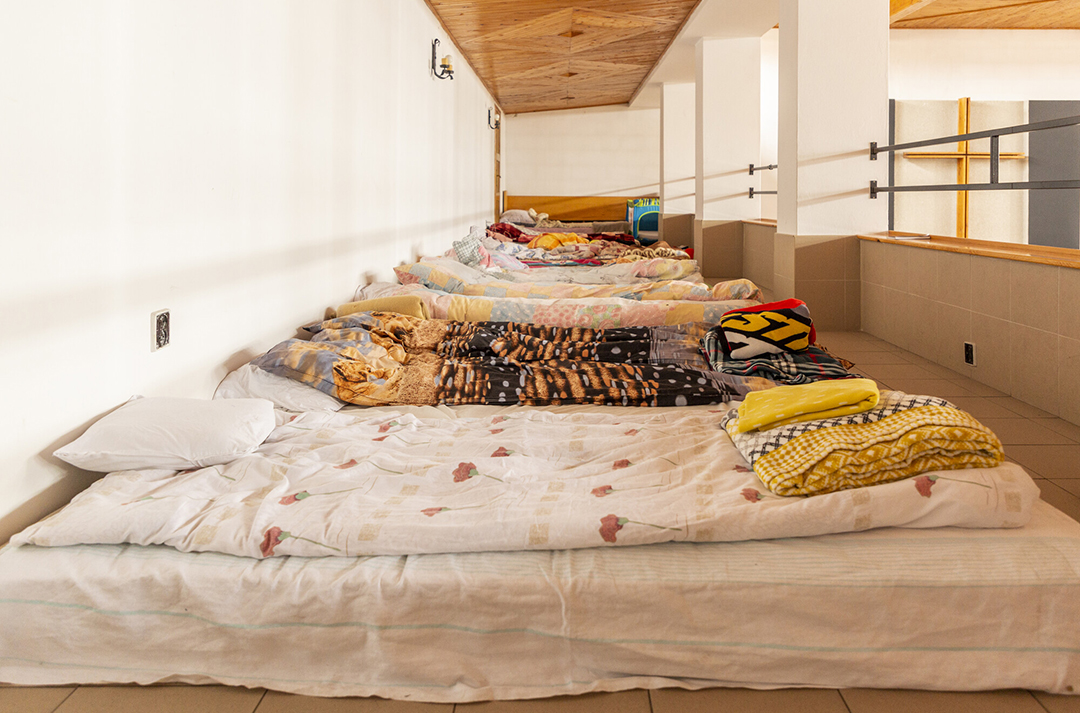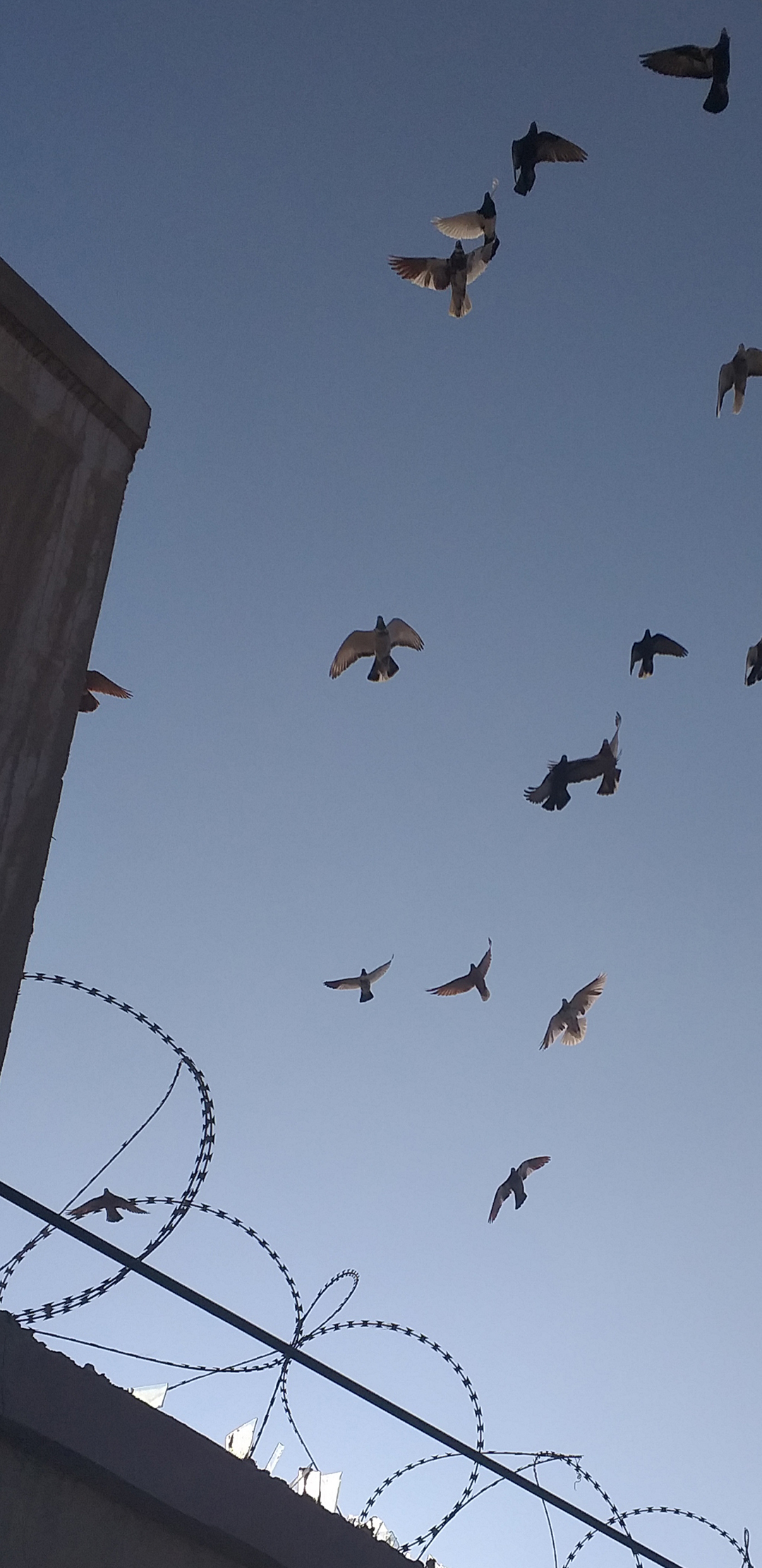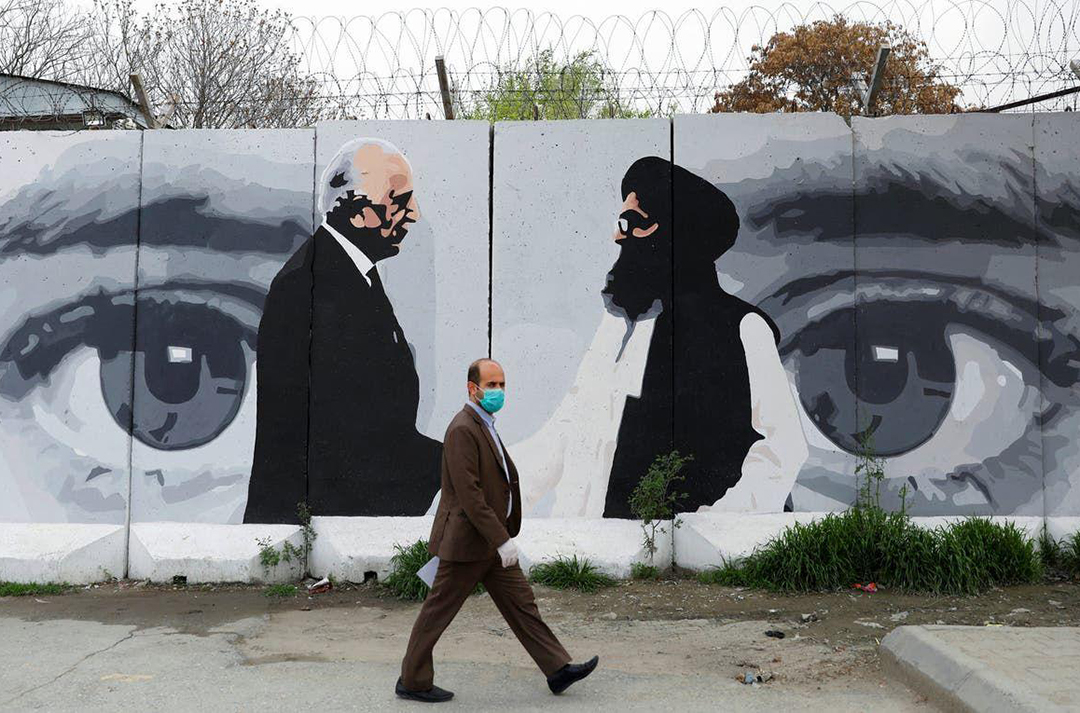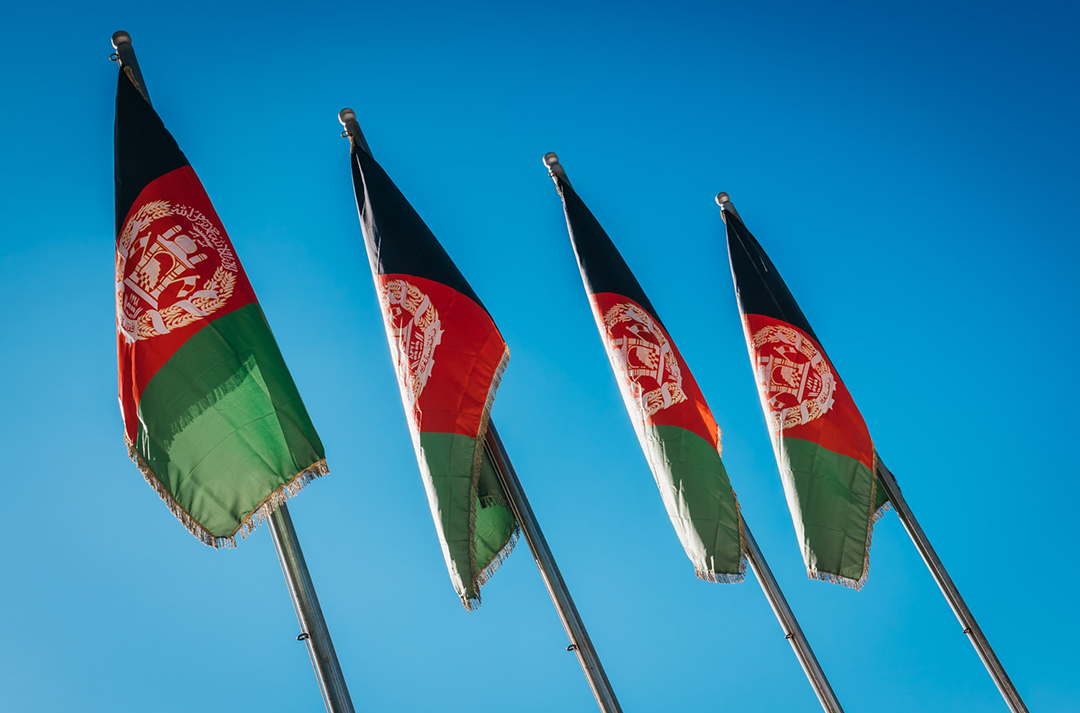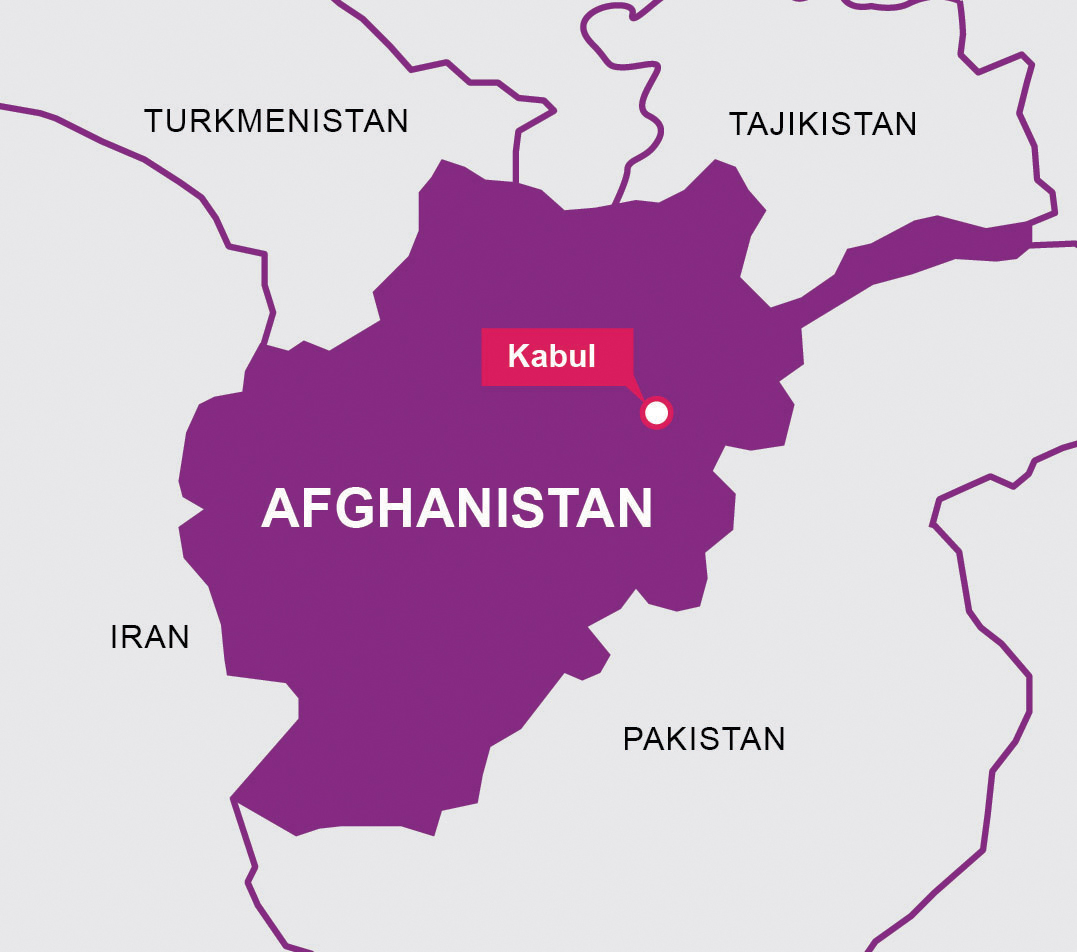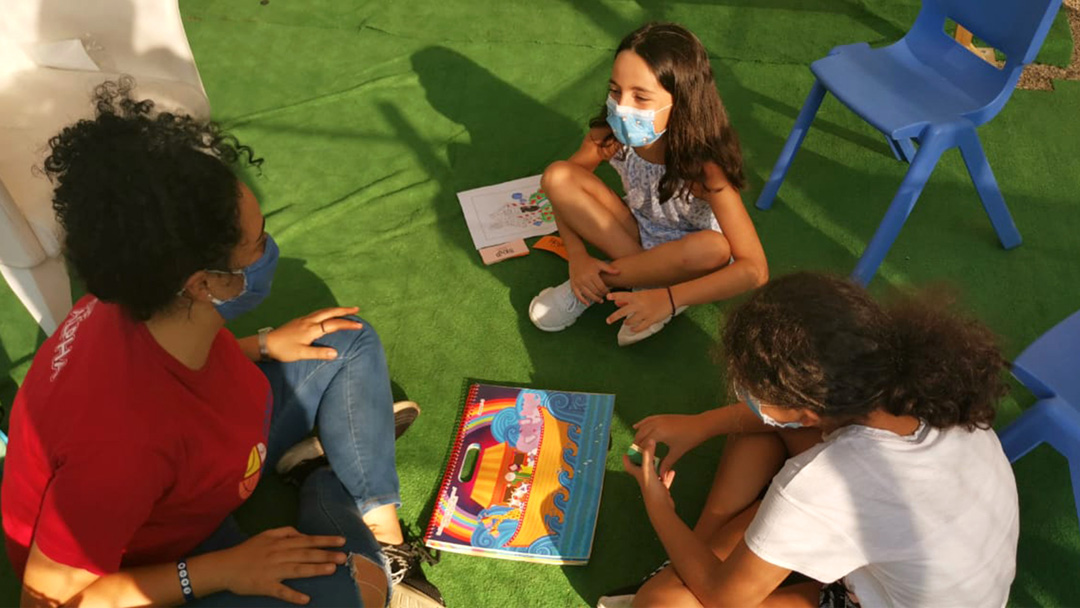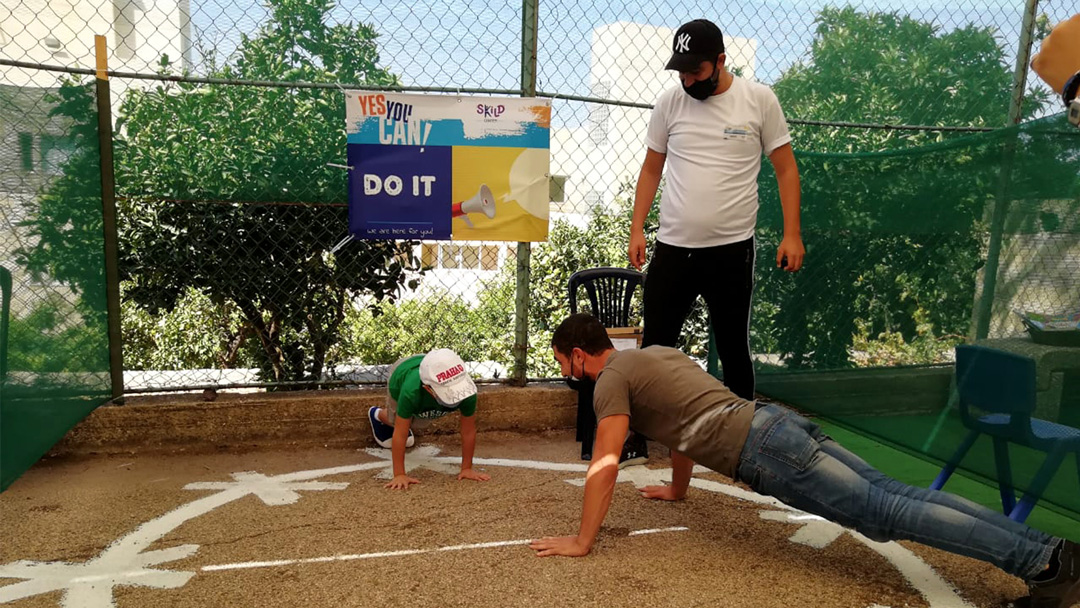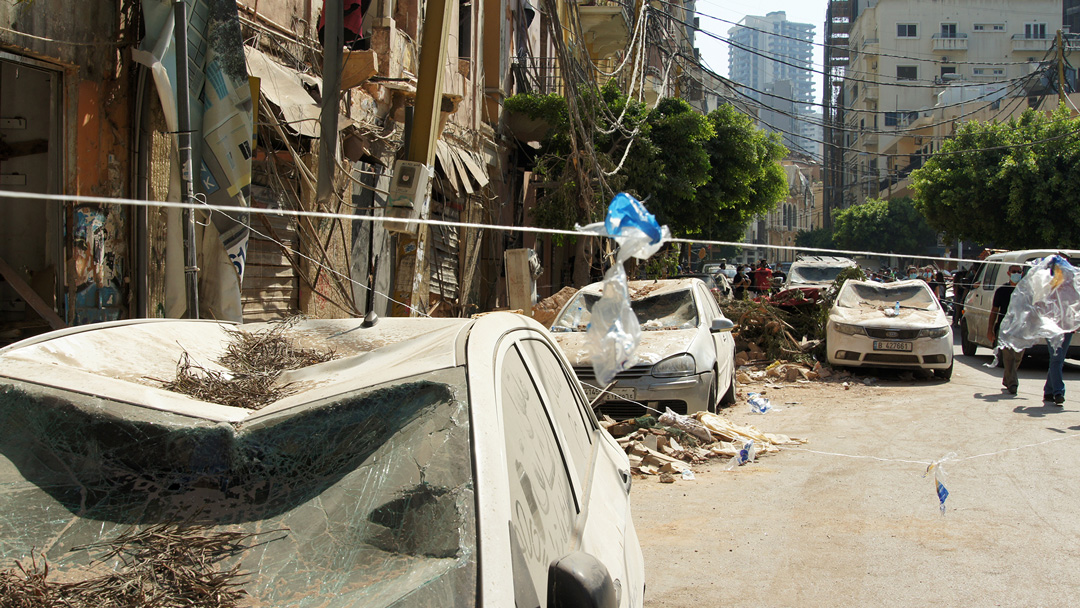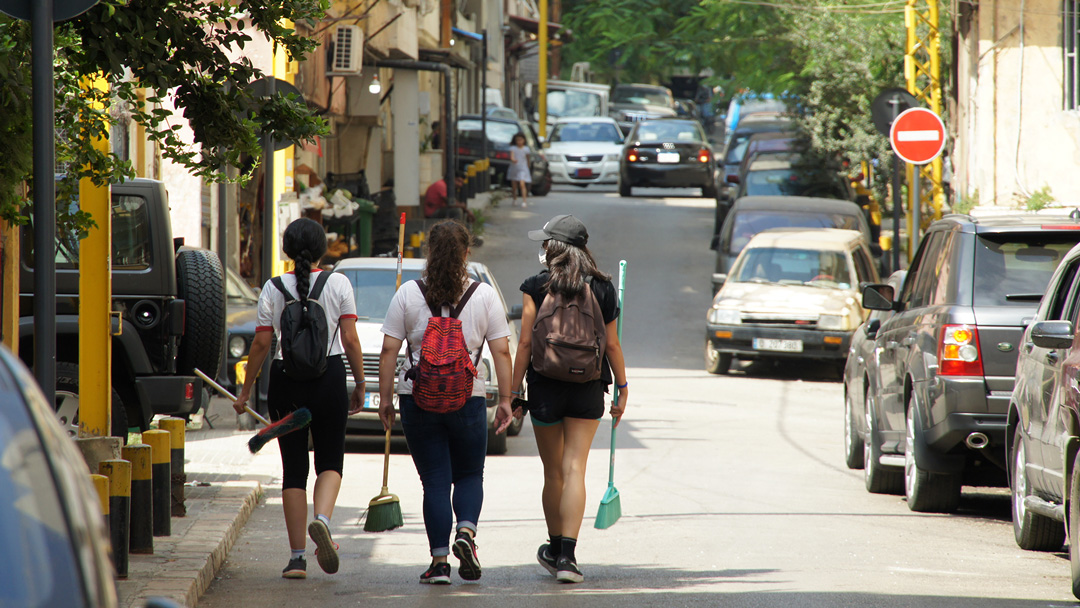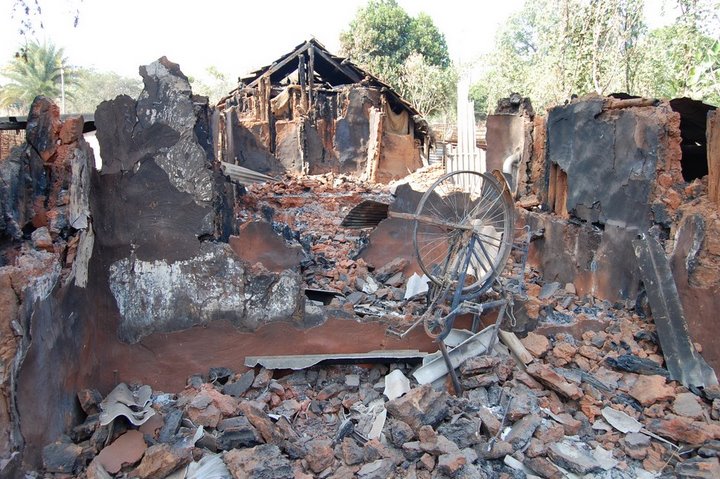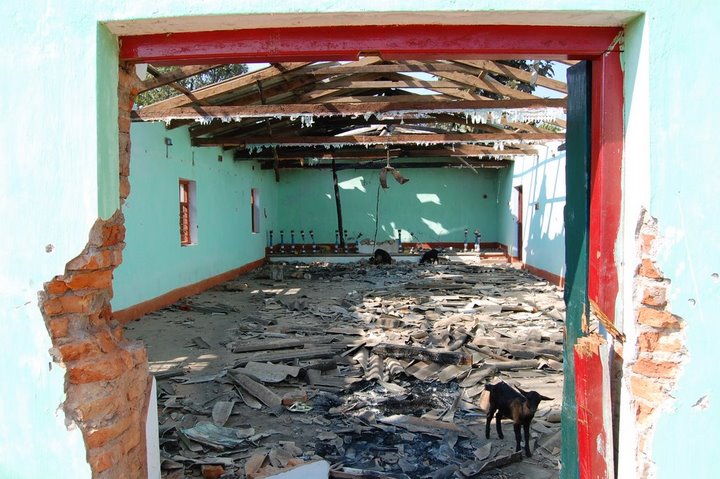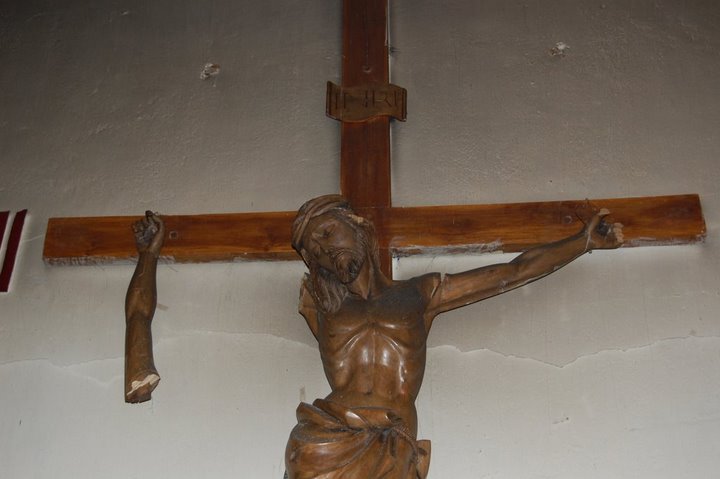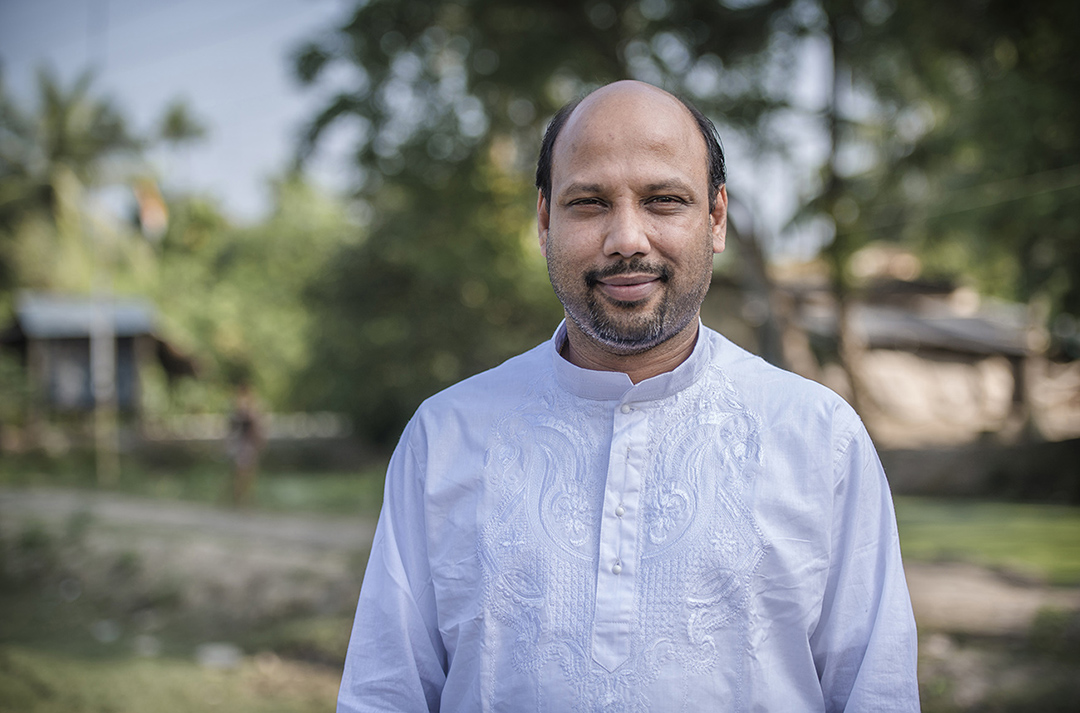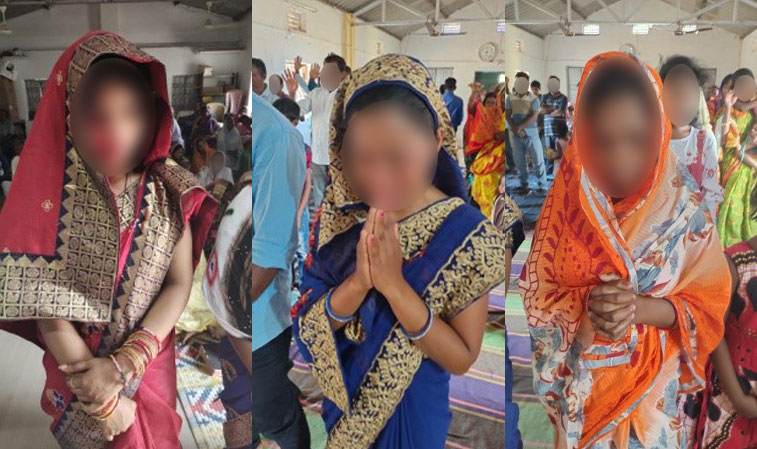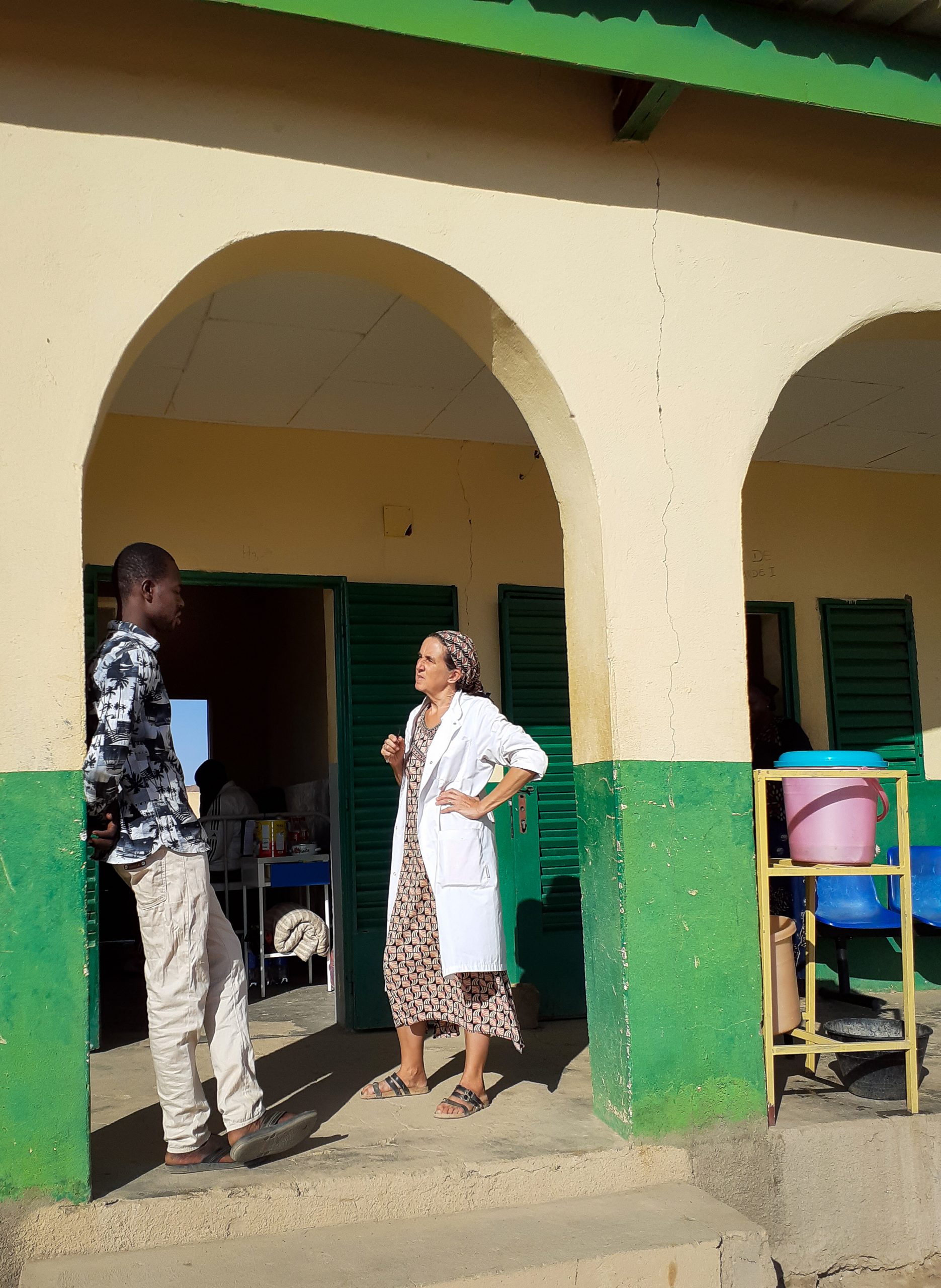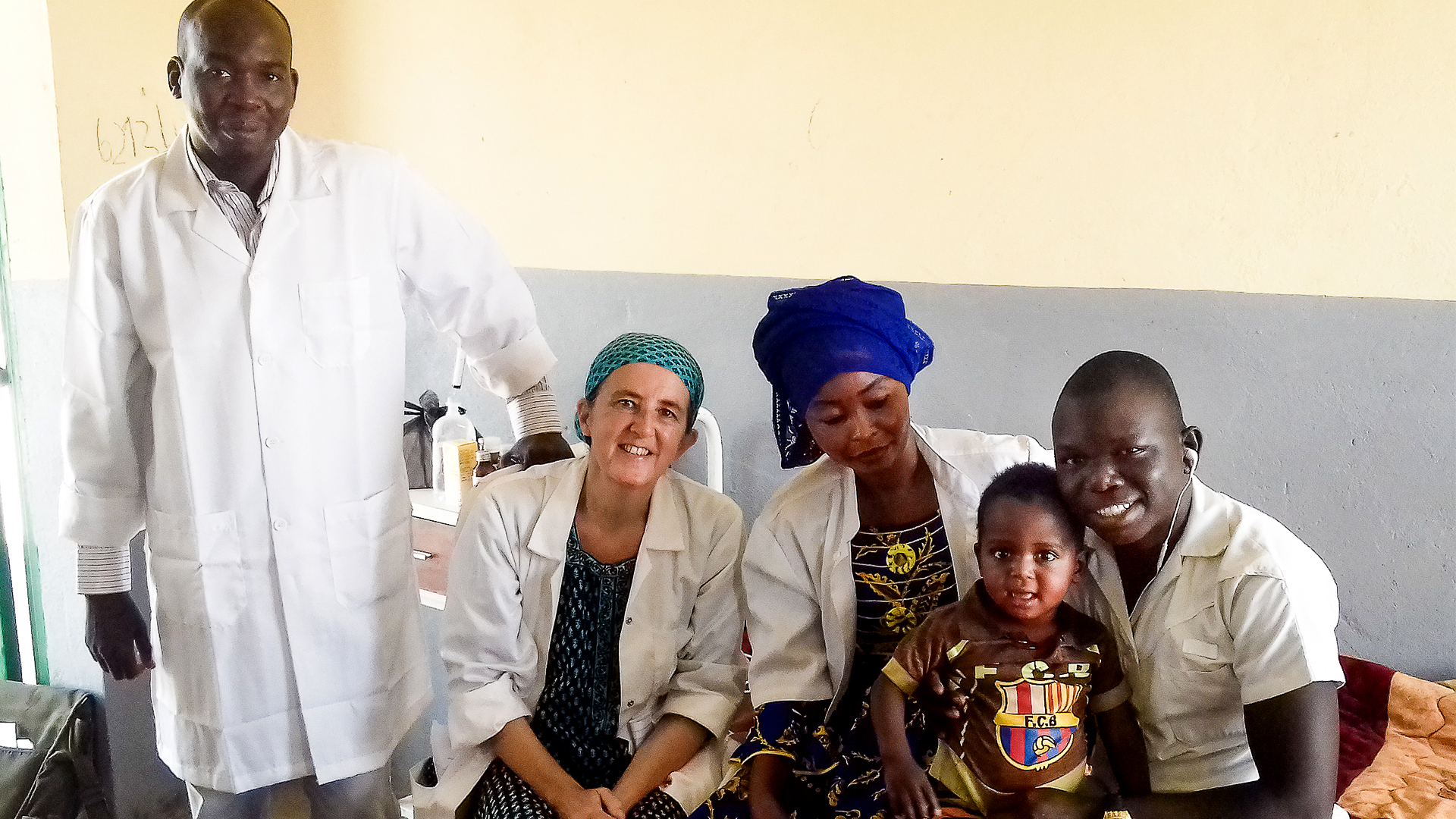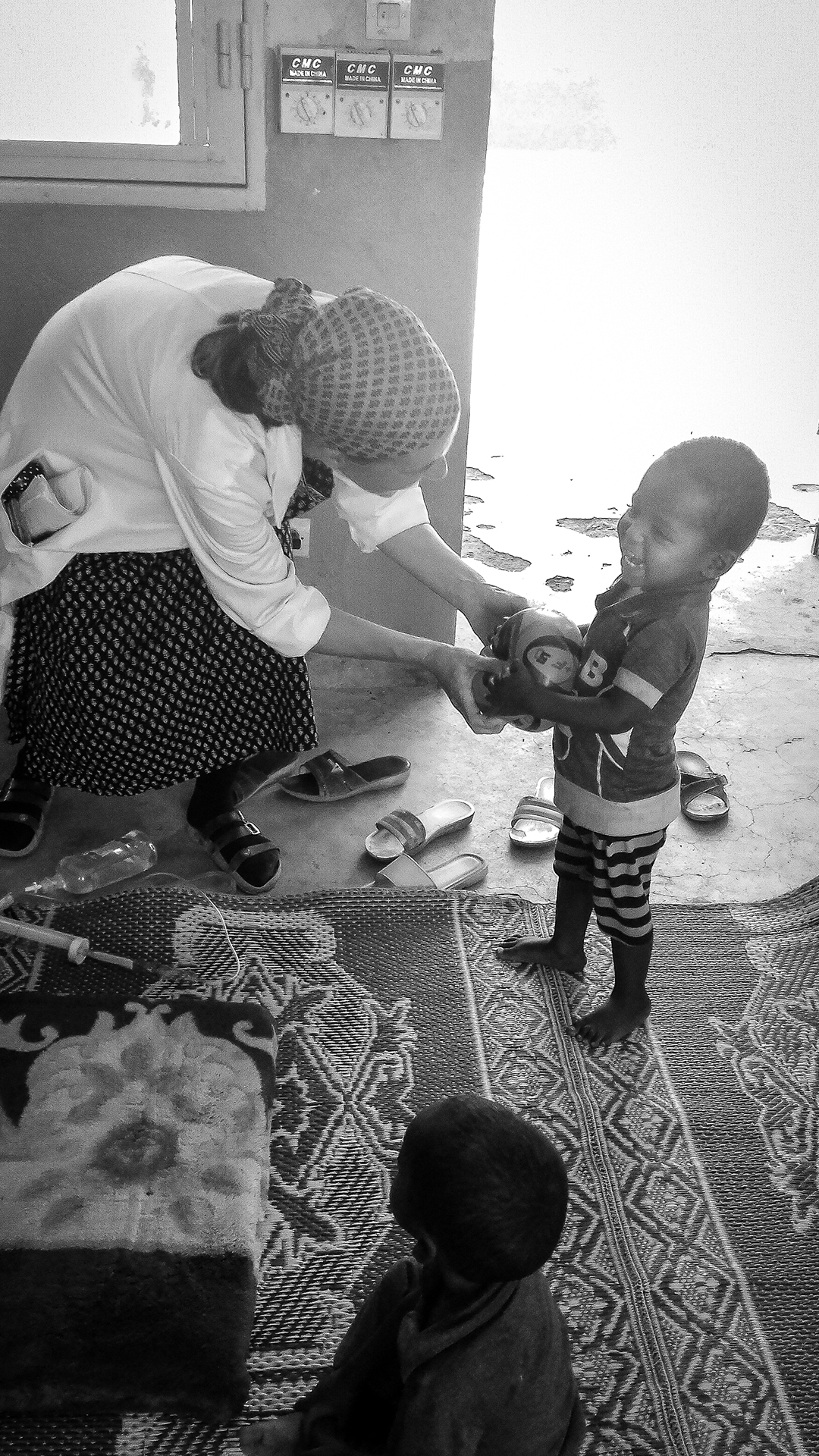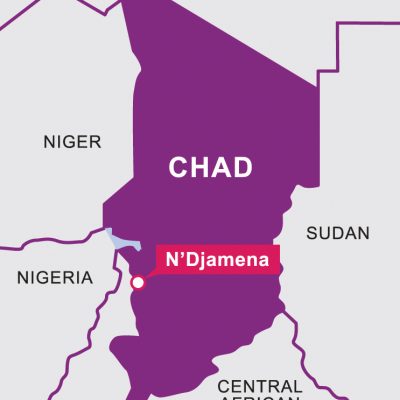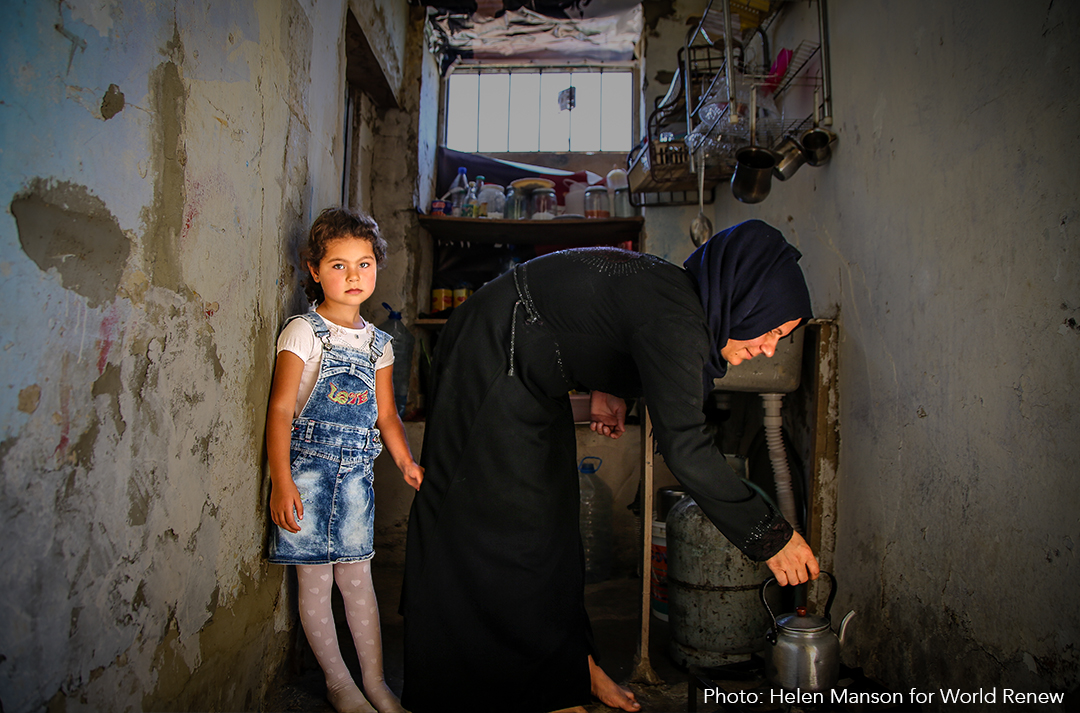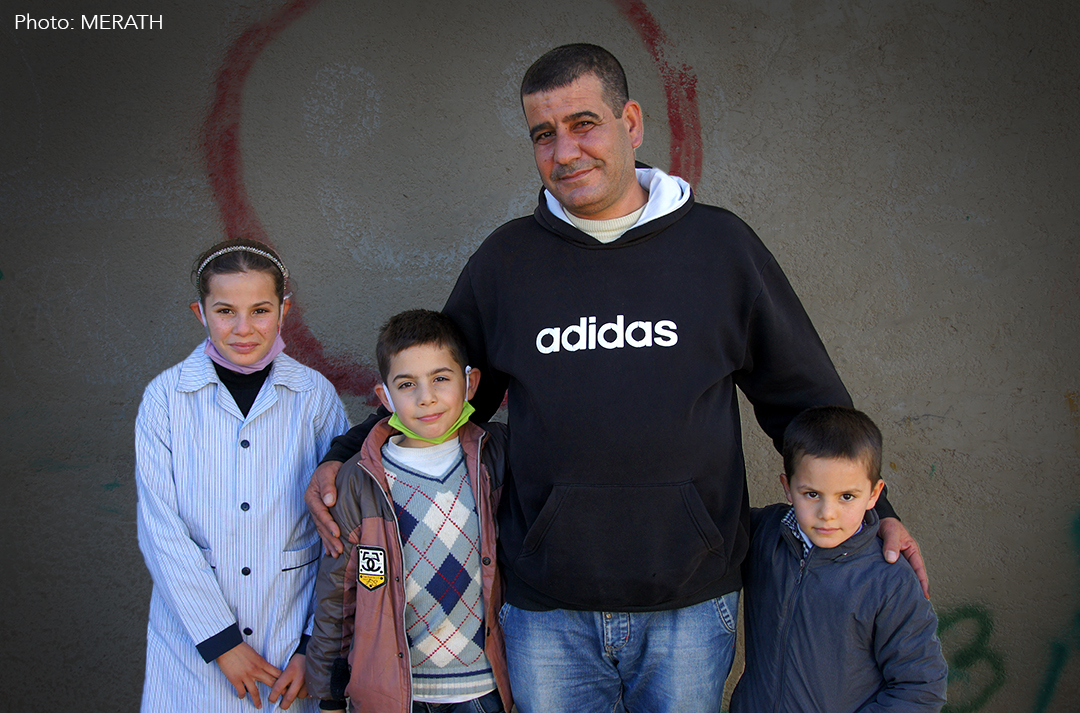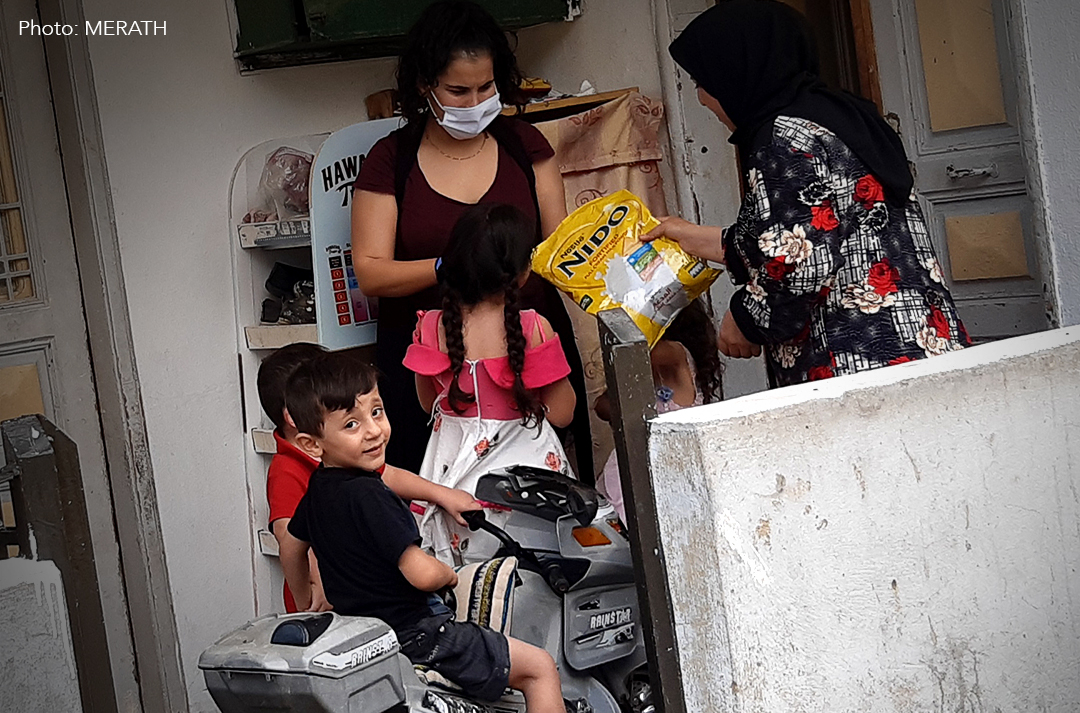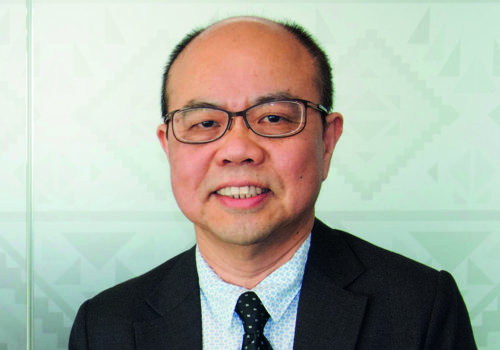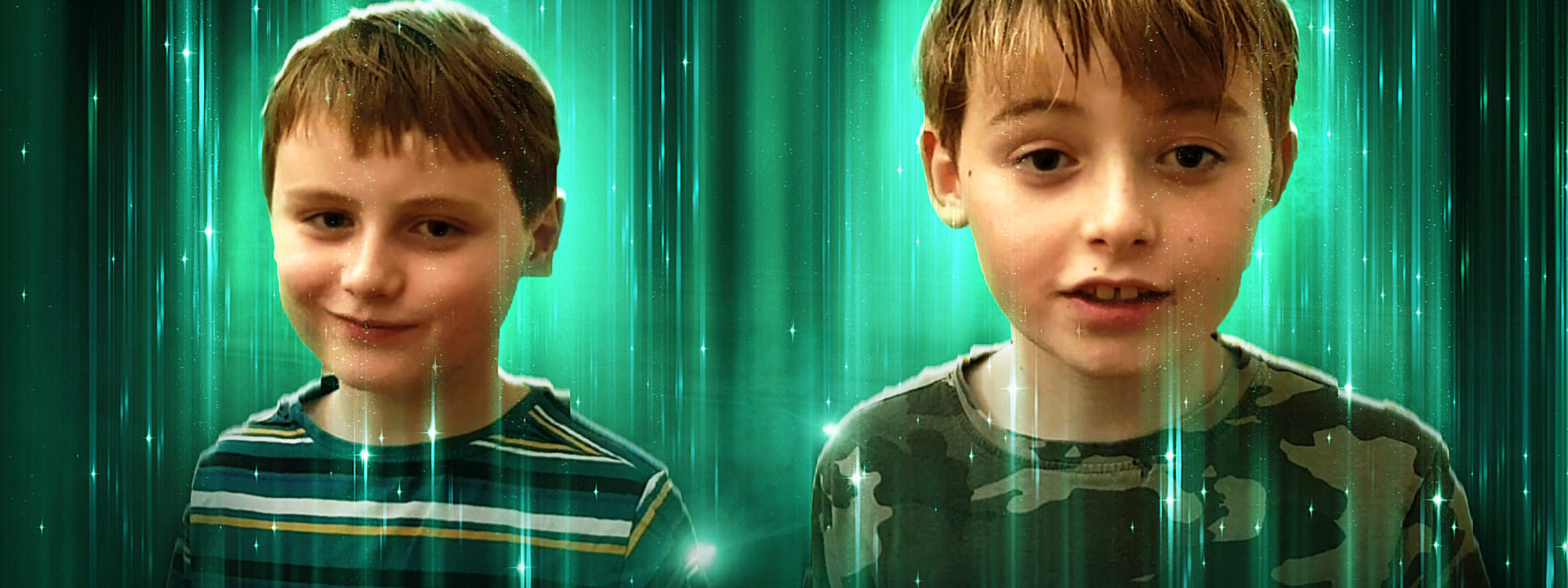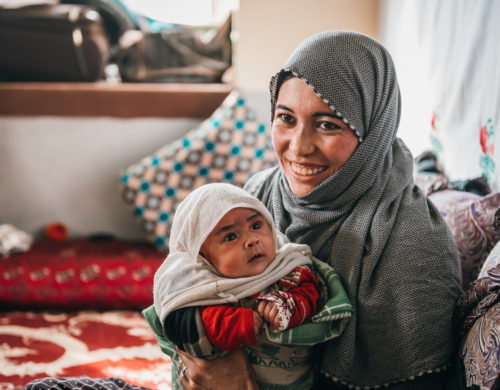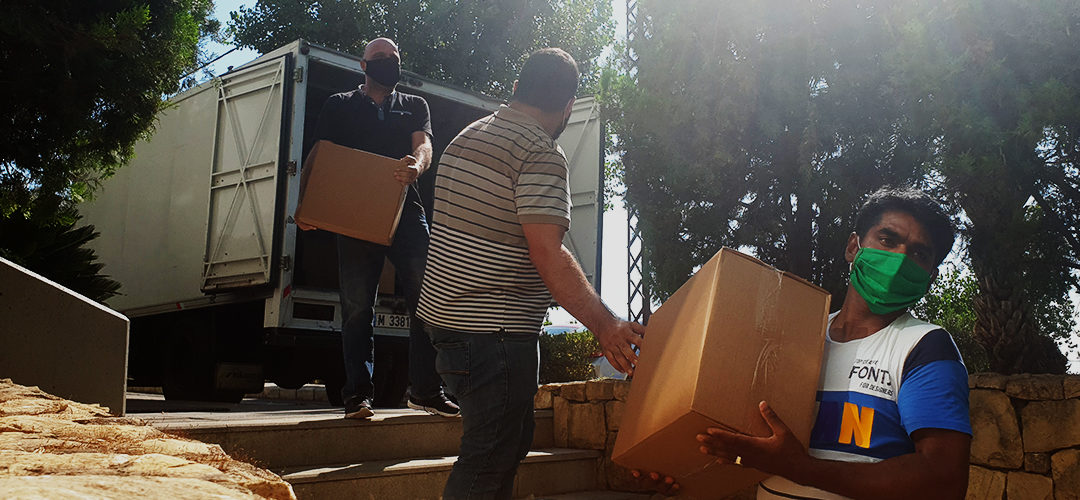Growing Church in India: Women leading the way
Growing Church in India:
Women leading the way
There’s no space to sit down, shoes are piled high at the door. That’s the scene when you arrive at a house church in rural India.
People have travelled for hours to share the Word together, to worship and pray for one another. And, wonderfully, many of these house group leaders are women, boldly stepping out to share their faith in spite of the dangers they might face. It was a privilege to visit and meet some of these women on a visit to India with a BMS World Mission media team back in February – and it’s a privilege to share some of their stories with you.
Devika*
“When I first found Jesus, my brothers and my father told me:
‘If you’re going to accept Jesus, you’re going to get out of the house. We don’t want you living here.'”
I found Jesus as my Saviour in 2011. I had suffered with sinus issues since childhood and I had a lot of problems breathing. I couldn’t go through a day without medication.
During that time, I worshipped every God I thought could heal me. I tried almost everything – but I was never healed. But in 2011, my auntie told me about Jesus. So I went to a fellowship and prayed, and I got healed. And since then, I’ve not taken any medication. The Lord has kept me absolutely healthy.
But when I first found Jesus, my brothers and my father told me: “If you’re going to accept Jesus, you’re going to get out of the house. We don’t want you living here.”
I told my brother: “The one who has saved me, I cannot go against him. I will walk with him till the end of my days. So you can do what you want.” I used to hide and pray, so that my family would never see me. And, miraculously, my mother and father, and my brothers, they all found Jesus as their personal Saviour.
From then on, I’ve gone out and shared about Jesus, that others may receive him and find eternal life. I started my first fellowship in my father’s house, we run Christmas outreaches and we started some children’s ministry.
Please pray that the Lord gives me capacity to continue to make disciples among women who will run these fellowship groups in their homes. As long as I live, I will continue to share the love of Christ with others.
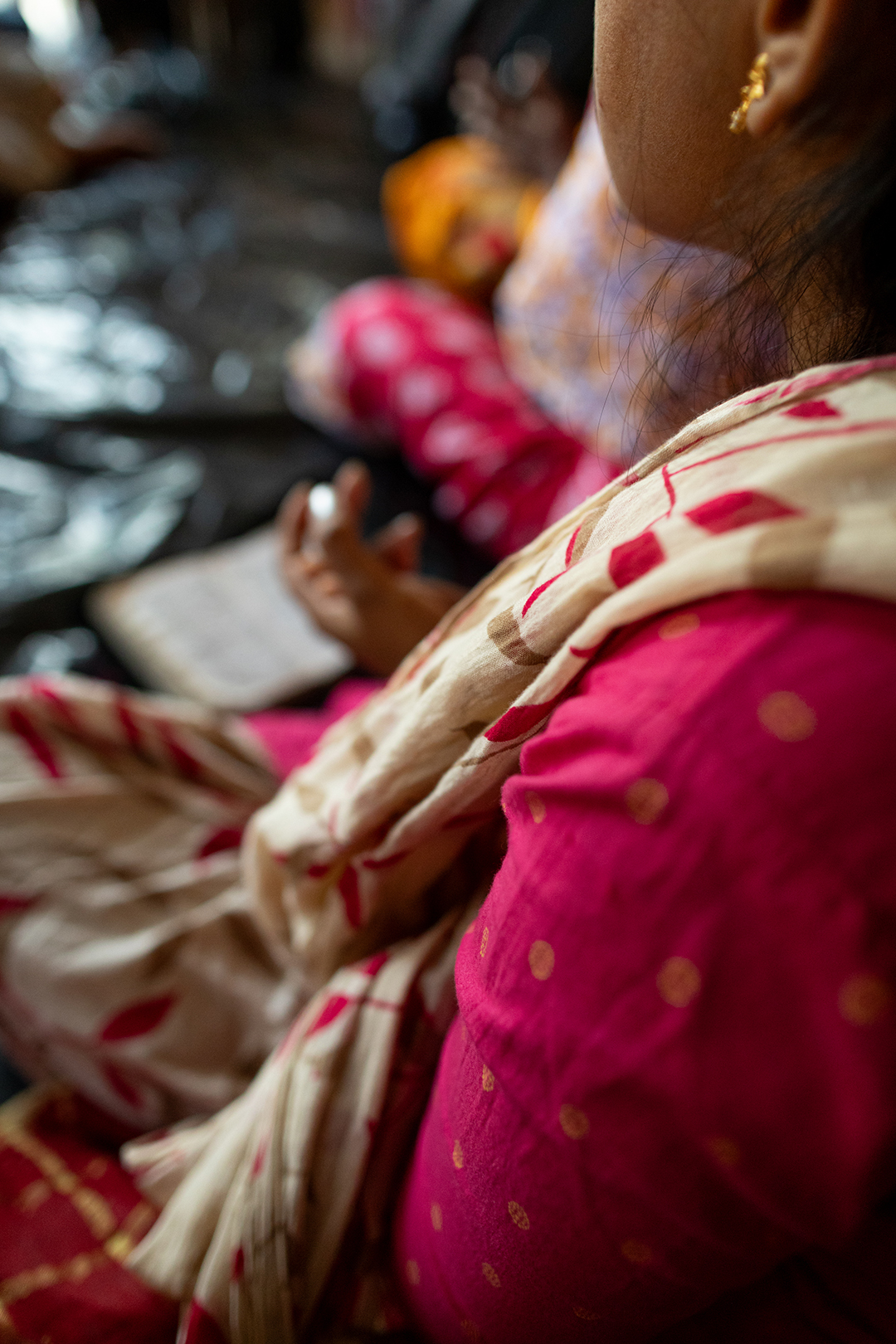
Anza*
“I will tell my story to every person I meet and tell them what Jesus has done for me.”
My name is Anza, and I run a fellowship in my home. When my husband ran away with another woman, I was very broken. I used to worship a million different gods. I’d been given gospel literature before, but I never believed it. But one day, I was in the market and I met this husband and wife, and I started talking to them about my life.
When I spoke to them, they said to me: “Your life has not finished here. We want to tell you the good news of the Lord’s love – which is unconditional.” That’s the first time I went to the fellowship – and I received Jesus. And I started walking with him.
went to a fellowship in another village, because in those days we didn’t have a fellowship here. But then I decided that I’m going to open my home to do this, and I will tell my story to every person I meet and tell them what Jesus has done for me.
The Lord has really guided my life and I’m doing well. My son has just graduated and I have my own business now, selling stationery. This is the reason I do this, because of the joy that I’ve experienced in the Lord and I pray that others around me should also experience that joy.
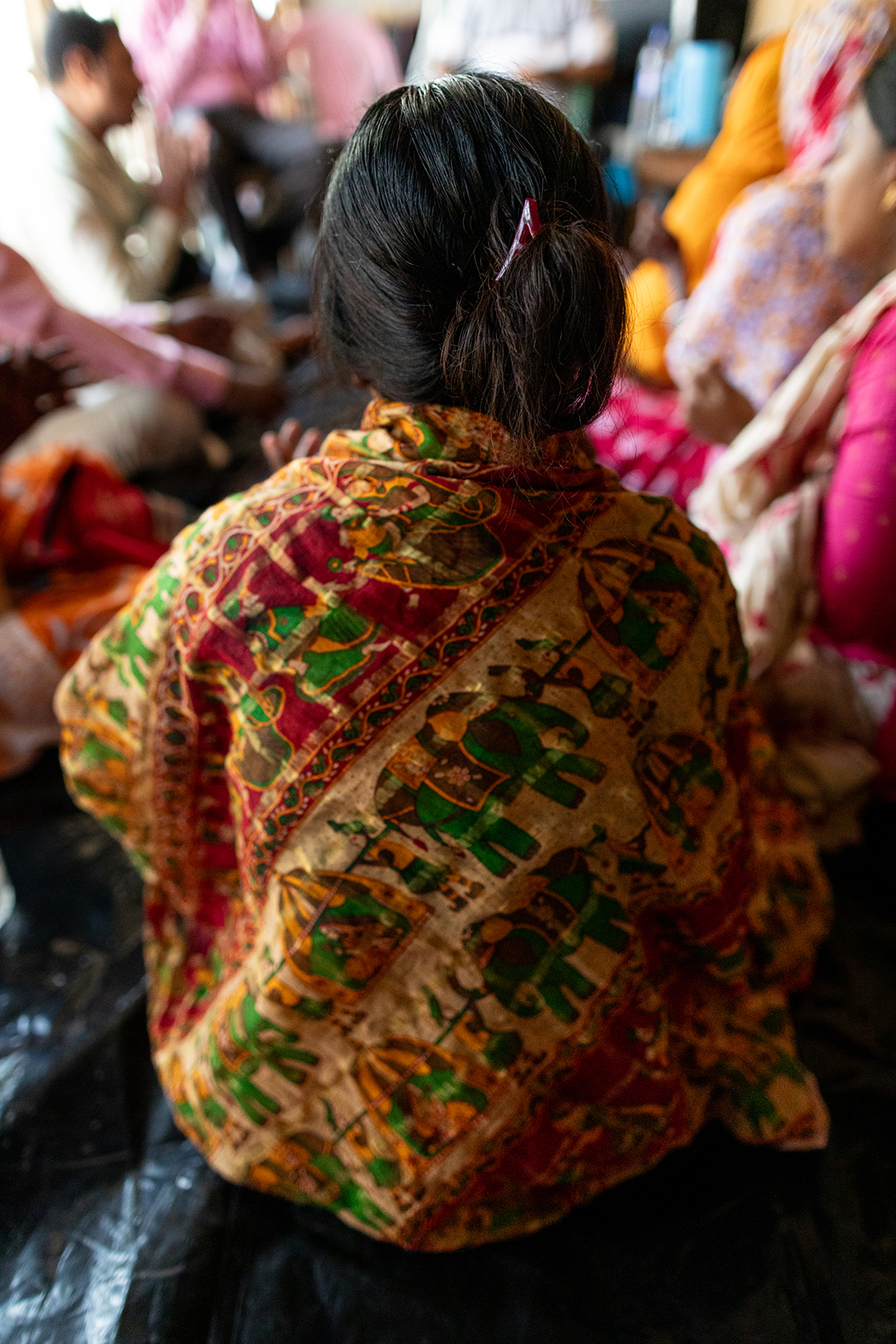
Praise God that more and more people are coming to know Jesus in India! If you’re keen to hear more about the growing Indian Church, then why not sign up for prayer letters from BMS mission worker Ben Francis and stay on top of all the ways you can be praying for this exciting ministry.

*Names changed and faces obscured to protect the identities of the believers mentioned in this story.
Words and interviews by Laura Durrant, Editor of Engage magazine.


